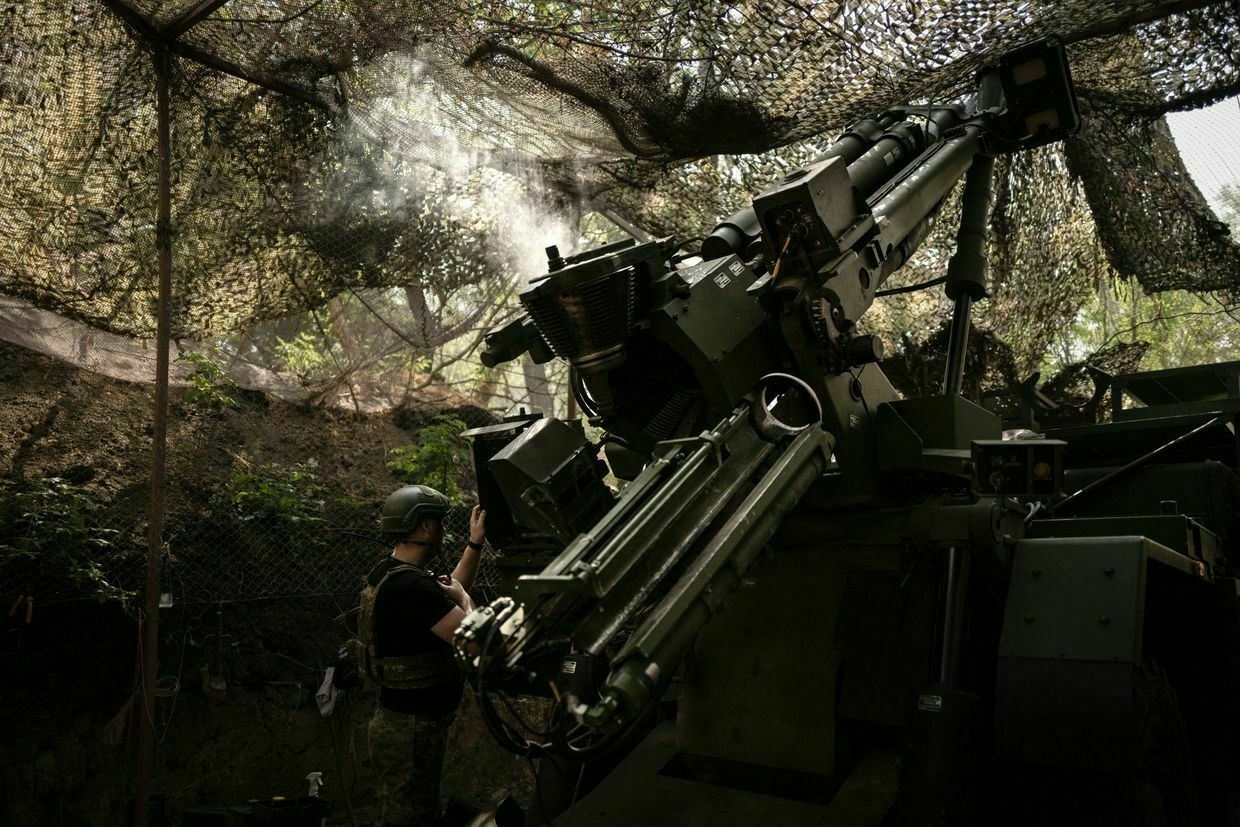-
Russian tank column obliterated near Kostyantynivka amid crumbling offensive
A mechanized assault by Russian troops on the Kostyantynivka front has ended in a crushing defeat, exhausting Russia's resources as its command scrambles to patch up the situation. According to military expert Oleksandr Kovalenko, the assault involved approximately 15 armored vehicles and up to 10 light tanks. However, the outcome was catastrophic: all of the equipment was obliterated by the Ukrainian defense, utilizing methods ranging from FPV drones to Javelin anti-tank missiles. "The equipment is annihilated. But the very fact of this attempt is already a signal," Kovalenko writes.
The expert notes that Russian forces are significantly lagging behind their offensive schedules. Settlements like Komar, Malynivka, Myrolyubivka, and Romanivka, which were supposed to be captured in the spring, are only now becoming targets in the summer phase of the offensive. This indicates a failure in strategic planning, as the ongoing campaign begins on positions that were meant to be starting points months ago.
Of particular concern is the chaos in troop management. Kovalenko points to a chaos in troop management. He cites a paradoxical situation in which the 8th Army, initially sent to support the 51st Combined Arms Army, is now requesting reinforcements from the same 51st Army, which has been unsuccessfully assaulting the Toretsk area for a year.
This interchangeable "stretching" indicates an over-extension of resources, exhaustion of brigades, and a logistical collapse at the front.
Amid an acute shortage of armored vehicles and a need to conserve every combat vehicle, Russian command is taking extreme measures by rolling out remnants of Soviet-era reserves long retired from storage. This not only highlights the army's technical degradation but also suggests that offensive resources are nearly depleted.
The mechanized assault, culminating in the total destruction of their equipment, has become symbolic of Russia's failed summer offensive campaign. The Russian military is losing momentum, re-deploying units illogically, with strategic goals shifting from spring to summer and then fading into obscurity. Russia is losing operational initiative, forced into risky maneuvers while depleting its last capable reserves.
-
All NATO members to hit 2% defense spending in 2025, Rutte says
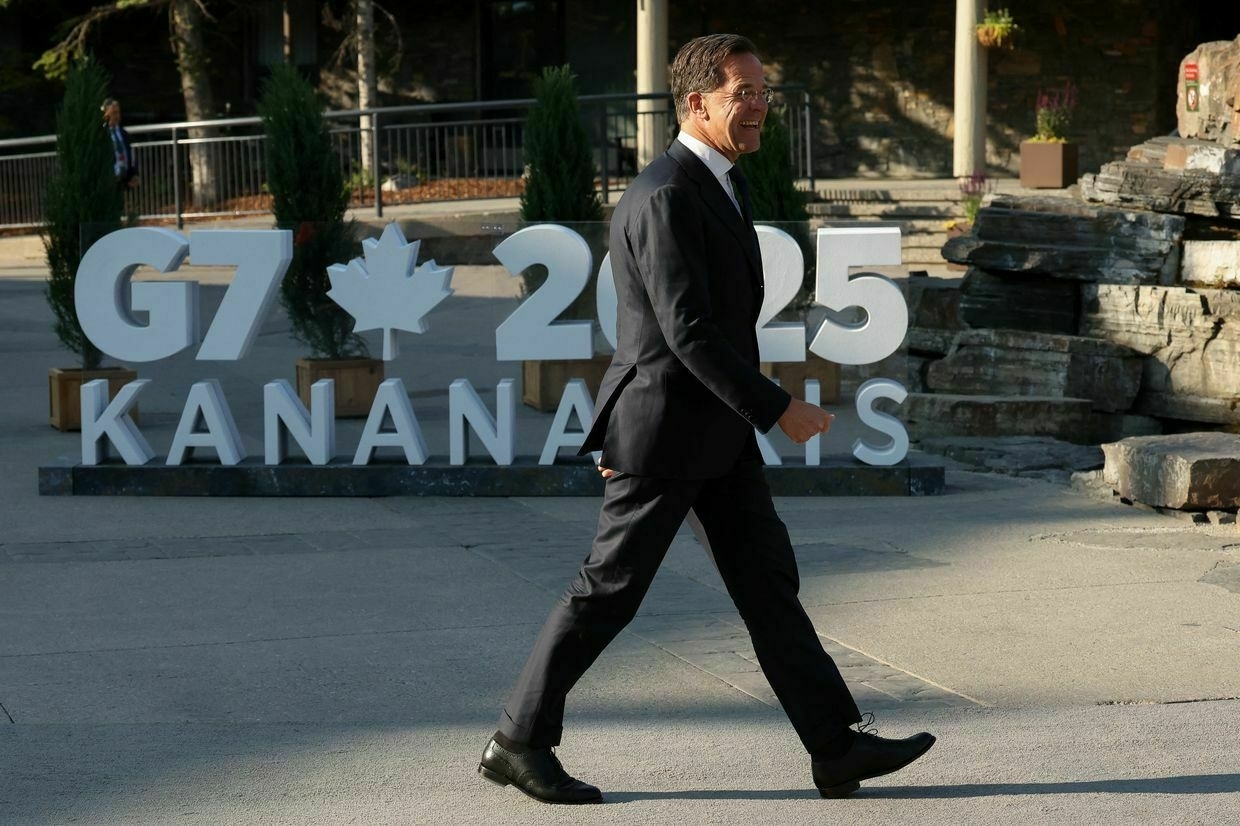
All 32 NATO member states are on track to meet the alliance’s 2% GDP defense spending benchmark in 2025, Secretary General Mark Rutte said on June 17 at the G7 summit in Canada.
The announcement marks a major shift for the alliance, which has faced repeated criticism from U.S. President Donald Trump for failing to meet spending commitments.
The U.S. president has long pushed NATO members to spend more on defense, at one point suggesting the threshold be raised to 5% of GDP.
“This is really great news,” Rutte said, praising announcements from Canada and Portugal, the last two holdouts. “The fact that you decided to bring Canada to the 2% spending when it comes to NATO this year is really fantastic,” he told Canadian Prime Minister Mark Carney.
In 2024, only 23 alliance members met the 2% target, according to NATO estimates. Poland led all members with 4.12% of GDP allocated to defense, followed by Estonia (3.43%) and the U.S. (3.38%).
Rutte’s comments come ahead of the June 24–25 NATO summit in The Hague, which has been reportedly scaled back to a single working session on defense spending and alliance capabilities.
The move, according to Italian outlet ANSA, is designed to avoid friction with Trump, whose presence at the summit remains unconfirmed.
Ukraine has been invited to the summit, but President Volodymyr Zelensky may reconsider his attendance amid uncertainty over the U.S. delegation, the Guardian reported on June 17.
According to the outlet, some in Kyiv are questioning whether Zelensky’s presence at the summit would be worthwhile without a confirmed meeting with Trump.
Many NATO members have cited Russia’s ongoing war against Ukraine and Trump’s isolationist rhetoric as reasons to accelerate defense spending and prepare for potential future threats.
Ukraine won’t receive NATO invitation at The Hague summit, Lithuanian FM says“This issue is certainly not on the NATO agenda and nobody has formulated an expectation that there will be an invitation in The Hague, nor have we heard that from the Ukrainians themselves,” Lithuanian Foreign Minister Kestutis Budrys said in comments quoted by the LRT broadcaster.The Kyiv IndependentMartin Fornusek
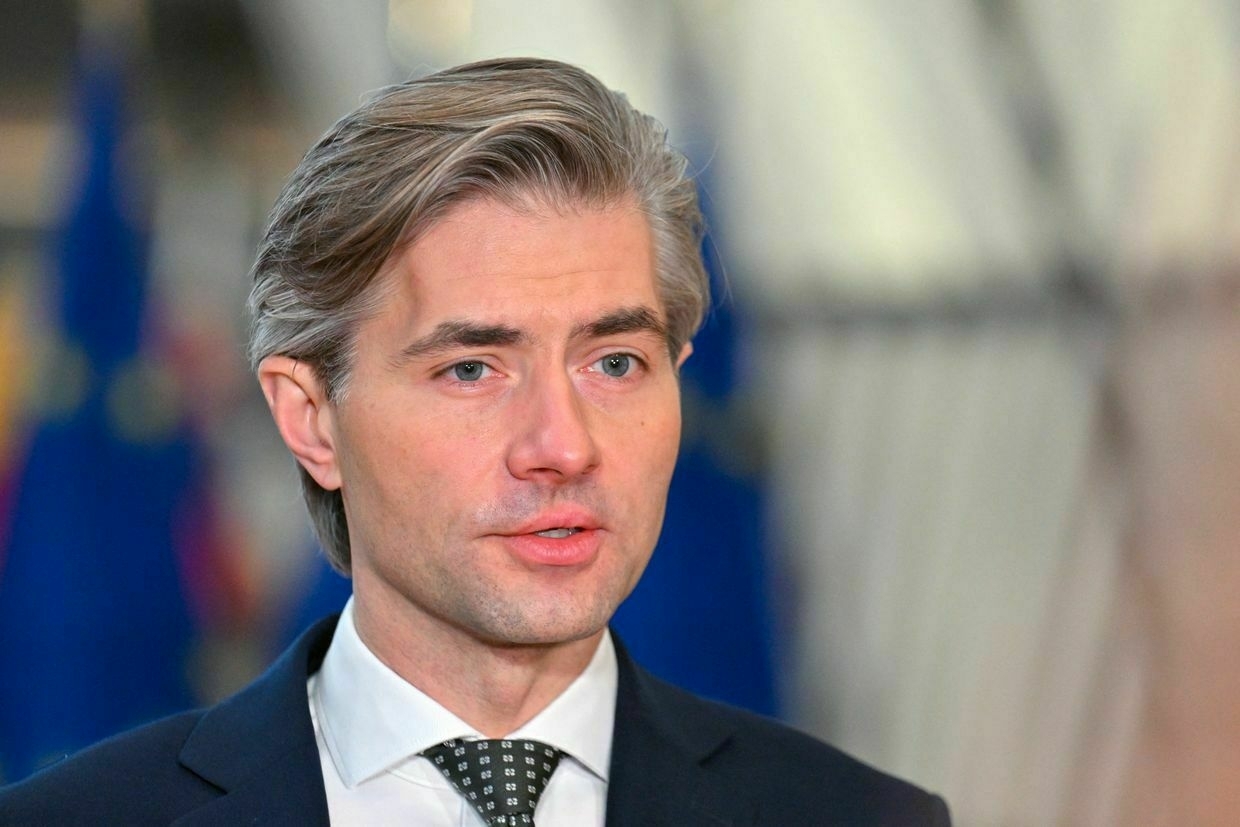
-
Ukraine preparing to evacuate citizens from Israel, Iran as Middle East conflict escalates
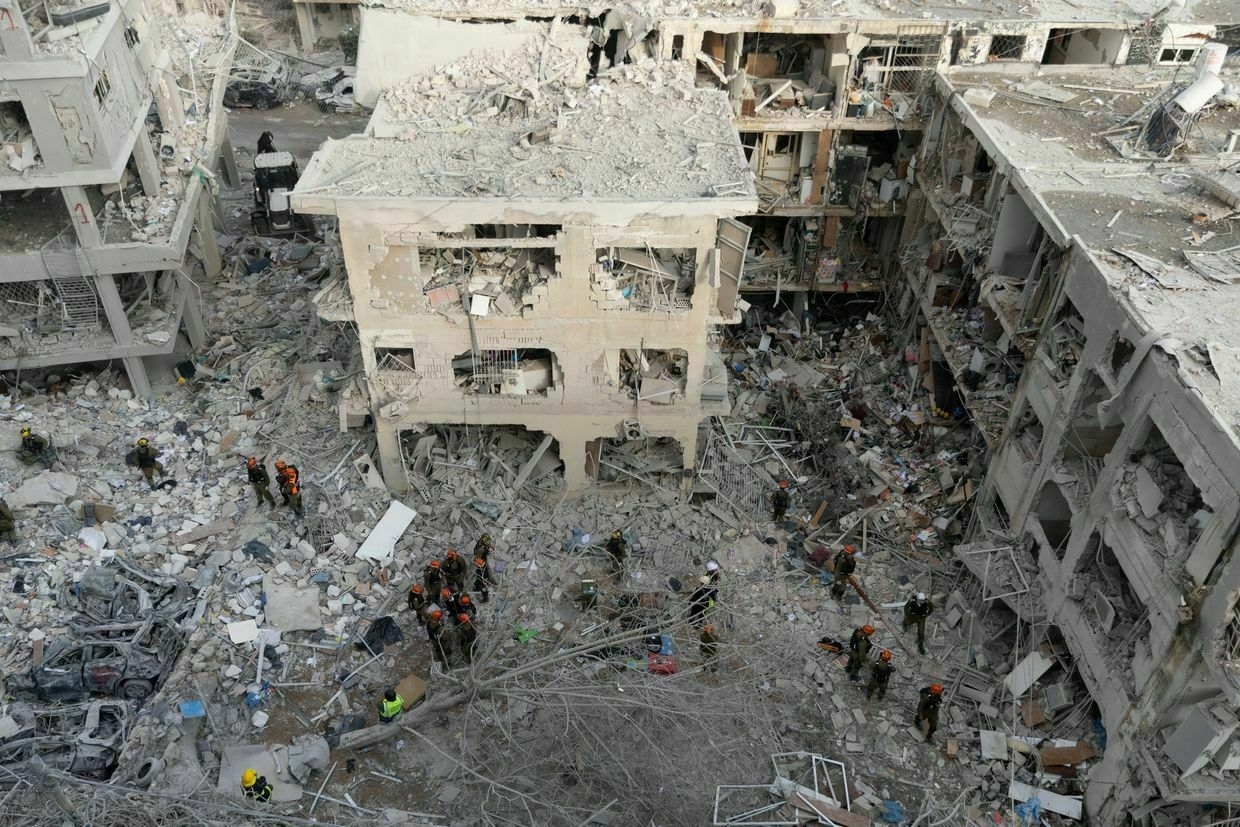
Ukraine is preparing to evacuate its citizens from Israel and Iran as hostilities between the two countries intensify, the Foreign Ministry told Ukrainian media outlet NV on June 18.
The move comes as Israel on June 13 launched widespread air strikes against Iran, targeting nuclear facilities and the country’s military leadership. Iran responded with missile strikes on Tel Aviv and other cities, killing multiple civilians, including five Ukrainian citizens on June 14.
As of the morning of June 18, 293 Ukrainians in Israel and 85 in Iran have requested evacuation, the ministry said. Ten additional foreign nationals with permanent residency in Ukraine have also asked for assistance to evacuate from Iran.
Ukraine’s embassy in Israel has received over 400 calls on its hotline as citizens seek updates on possible evacuation routes. The ministry told NV it is developing evacuation plans, including potential flights organized in cooperation with international partners.
On June 13, Kyiv expressed concern over the security situation in the Middle East, describing Tehran as a “source of problems” in the region and beyond.
Iran is a key supplier of weapons to Russia, including Shahed-type drones and ballistic missiles used in attacks on Ukrainian cities. Israel, which hosts a significant Russian-speaking population, has not joined Western sanctions against Moscow.
Tensions in the region grow as U.S. President Donald Trump is also considering launching U.S. strikes on Iranian nuclear targets, Axios reported on June 17.
On Truth Social, Trump demanded Iran’s “unconditional surrender” and threatened Supreme Leader Ali Khamenei, while boasting about American control of Iranian airspace.
Trump has also floated Russian President Vladimir Putin as a possible mediator in the conflict.
Putin held separate calls with Iranian President Masoud Pezeshkian and Israeli Prime Minister Benjamin Netanyahu on June 13, condemning Israeli strikes and offering to mediate.
Israel has not publicly responded to Russia’s proposal, but Kremlin spokesperson Dmitry Peskov said on June 17 that Tel Aviv appeared unwilling to accept Russian mediation.
Iran’s Health Ministry claimed on June 18 that 585 people had been killed by Israeli strikes, with Tehran alleging that 90% of the casualties are civilians.
The figures have not been independently verified.
4 months after striking Chornobyl, Russia warns Israeli attacks on Iran risk nuclear ‘catastrophe’The warning comes as Moscow accuses Israel of escalating the risk of a nuclear incident in the Middle East, despite Russia’s own record of threatening nuclear facilities during its war in Ukraine, including a February drone strike on the Chornobyl nuclear site that Kyiv and Western experts condemned as nuclear blackmail.The Kyiv IndependentAnna Fratsyvir
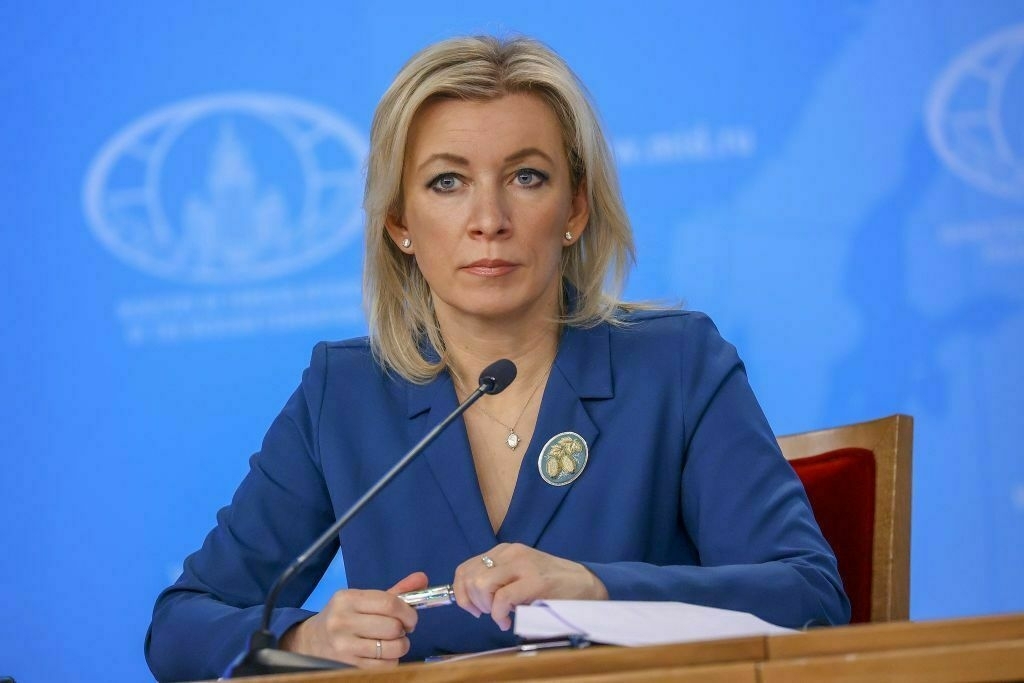
-
New Ukraine law on conflict-related sexual violence offers improvements for survivors, but media, legal culture need to change
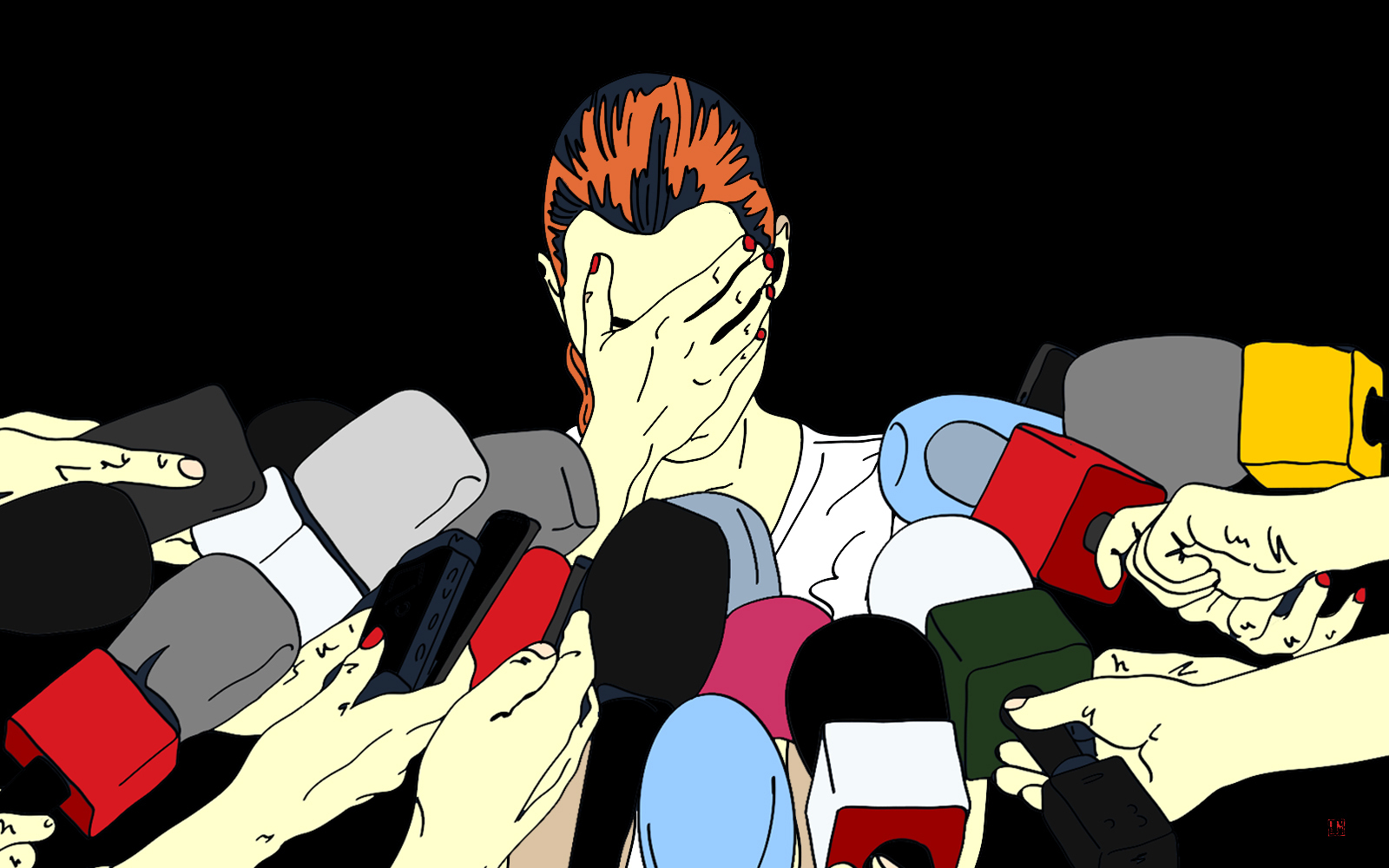
In a promising step recognizing the rights of survivors of war-related sexual violence, a new law (№10132 — ed.) comes into effect today in Ukraine. It will be the first law in the world to provide survivors of conflict-related sexual violence (CRSV) with the opportunity to receive interim reparation payments during an active war.
The law offers support to people who have suffered sexual violence related to Russia’s war on Ukraine, and children born as a result of such violence. Benefits include immediate cash payments, free legal aid, temporary emergency shelter, psychosocial support, and official recognition “as a victim of sexual violence” in relation to the war.
This need for official recognition was highlighted as a priority in a 2022 report based on the perspectives of CRSV survivors in Ukraine produced by national NGOs and the Global Survivors Fund, an international expert body. Some survivors suggested a “victim status” to recognize their rights. One said such an official status was necessary to protect her from stigma, and another saw it as an acknowledgement by the government of the harms that survivors suffered.
The new law says it will guarantee a “respect for honor and dignity and for humane treatment” for survivors. This is an encouraging move, but there is still a long way to go to change the culture in how survivors are treated. We have seen how attitudes in the media and in the criminal justice system still harm CRSV survivors and fail to ensure survivor-centered support and protection.
As of now, prosecutors are currently dealing with at least 344 official cases of CRSV, though human rights groups believe the real number of crimes is much higher. In Ukraine’s national media, the issue of Russian soldiers raping or sexually assaulting people in occupied territories are often reduced to official statistics or how a certain law enforcement agency is working to identify the perpetrator. This type of reporting is often centered around the Russian soldiers accused of CRSV or the Ukrainian government agency that identified them. This approach frames the victims/survivors in a way that highlights the severity of the crime, but sidelines survivor perspectives.
A focus group study conducted by the National Union of Ukrainian Journalists revealed several barriers to CRSV reporting: local journalists are afraid they won’t get paid for the material if the interviewee withdraws consent for the publication; there is psychological stress from working on CRSV issues; there is a lack of journalists willing and/or capable of taking up the topic; and there is a lack of training. While there are several courses organized by Ukrainian media organizations that provide training for both trauma reporting and sensitive reporting, and some materials available online in Ukrainian, they remain underutilized and poorly known.
In 2022, Human Rights First helped produce a guide by local experts on how the media should (and should not) report war-related sexual violence. However, resources like this are often only utilized by those already specifically interested in covering CRSV or other war crimes.
Despite some strong examples of media covering CRSV in the Russia-Ukraine war, Ukrainian and foreign journalists still sometimes use sensationalist headlines, describe explicit details of rape or sexual assault, or fail to respect survivor anonymity.
Psychologist Halyna Huz, writing for the Ukrainian outlet Gender in Details, noted that she’s often uncomfortable with how CRSV is reported. “The information is presented as if it literally forces you to physically experience all that horror with the victim [with] vivid (but horrifying) details.” She notes the negative effects that such visceral reporting might have on the survivor, their relatives and loved ones, and readers who went through a similar experience.
Foreign journalists covering CRSV in Ukraine have been known to ask interpreters to pressure more details out of a survivor, and to provoke them to show emotion—risking retraumatization in the pursuit of a “good story.”
Last month, the Ukrainian Legal Advisory Group analyzed a CRSV case in which a Russian soldier was sentenced in absentia to 12 years in prison for rape, and where the survivor was awarded $12,000 in moral damages. In this particular case, a video recording of the survivor’s interview was used in the court hearing—an approach that helped reduce emotional stress and the risk of re-traumatization.
However, during many other investigations into CRSV, survivors are often subjected to multiple interviews involving accusatory questioning, sometimes without a psychologist present.
Despite the positive outcome of this case, it also illustrated serious systemic issues. The Legal Advisory Group noted that a psychologist involved interfered with the work of the lawyer and investigators—commenting on the legal strategy and expressing his own opinion about the client’s behavior. There is a severe lack of appropriately qualified psychologists, and the regulations governing them are outdated.
Another troubling issue noted by the group is competition among Ukrainian human rights organizations, with some reportedly engaging in unethical practices to “poach” CRSV clients.
Today’s new law won’t solve these problems, and it doesn’t explain how further payments to survivors will be paid, or who will fund them. But it is a good start, and an appropriate way to mark tomorrow’s International Day for the Elimination of Sexual Violence in Conflict.
Ukraine needs better regulations and practices to address this large-scale problem, but it also needs a culture shift in its media and criminal justice systems. Just as newsrooms covering Ukraine have generally learned to avoid immediately publishing photos of Russian missile attacks to prevent secondary strikes, they must also learn how to responsibly and ethically report rapes and sexual assaults—without further harming survivors.
Authors: Yana Sliemzina, editor and reporter for Gwara Media in Kharkiv, Ukraine, and Brian Dooley, Senior Advisor for Human Rights First.
The post New Ukraine law on conflict-related sexual violence offers improvements for survivors, but media, legal culture need to change appeared first on Gwara Media.
-
4 months after striking Chornobyl, Russia warns Israeli attacks on Iran risk nuclear 'catastrophe'
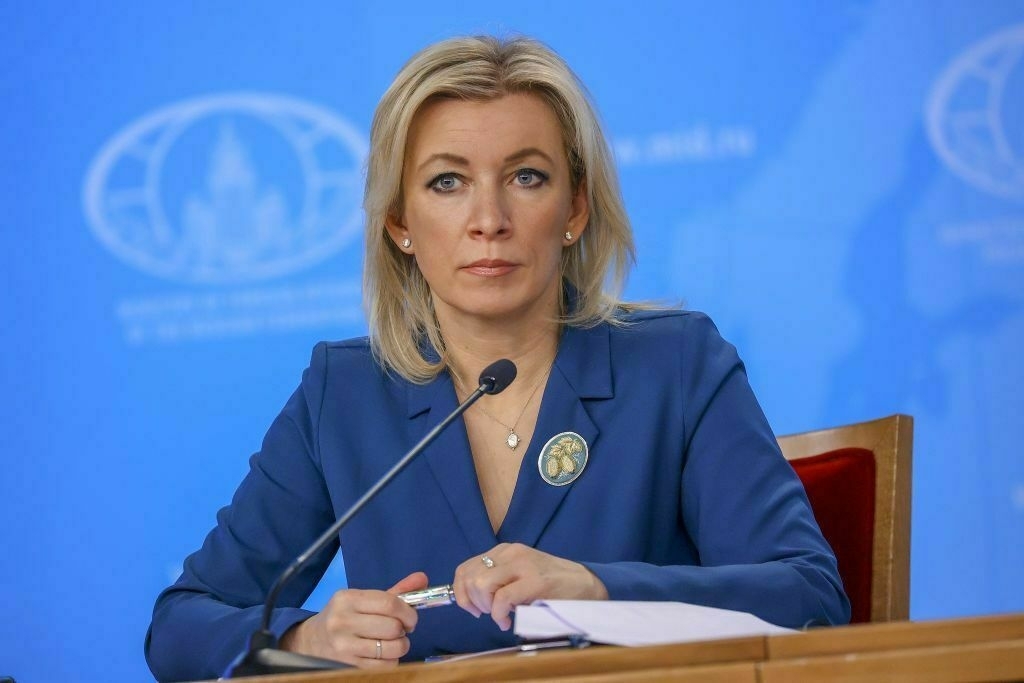
Russia on June 18 warned the world is “millimetres away from catastrophe” due to Israeli strikes on Iran’s nuclear infrastructure, just four months after one of its own drones struck the Chornobyl nuclear site in Ukraine.
Russian Foreign Ministry spokesperson Maria Zakharova accused Israel of escalating the risk of a nuclear incident in the Middle East, despite Russia’s own record of repeatedly both placing nuclear facilities during its full-scale invasion, and threatening the use of nuclear weapons.
On Feb. 14, Russian forces struck the Chornobyl nuclear facility with a Shahed drone, hitting the protective sarcophagus that encases Reactor No. 4, site of the 1986 nuclear disaster.
Damage was limited, and no radiation leakage occurred, but the act was widely condemned as a deliberate provocation timed to coincide with the Munich Security Conference.
President Volodymyr Zelensky called the attack on the Chornobyl plant “a terrorist threat to the whole world.” Ukrainian officials and nuclear security experts said the strike was unlikely to cause significant radioactive contamination but served as a warning of Russia’s willingness to weaponize fear of nuclear disaster.
Russia has also intensified strikes near other nuclear facilities in Ukraine, including infrastructure connected to the occupied Zaporizhzhia Nuclear Power Plant, which Moscow’s forces have used as a military base since early in the war.
Analysts view the attacks as part of a broader campaign of intimidation aimed at pressuring Kyiv and its allies into a settlement.
Zakharova’s comments follow growing international concern over the rising tensions between Israel and Iran. Russia has positioned itself as a potential mediator in the conflict, though European leaders have dismissed the Kremlin’s neutrality due to its deepening military ties with Tehran and ongoing aggression in Ukraine.
Russian President Vladimir Putin “cannot be trusted” to mediate peace in the Middle East while launching mass strikes on Ukrainian cities, EU foreign policy chief Kaja Kallas said on June 17. Her remarks came after a Russian missile attack killed at least 28 civilians in Kyiv and injured over 130.
Kremlin spokesperson Dmitry Peskov said Israel has so far rejected Moscow’s mediation offer. U.S. President Donald Trump said over the weekend that Putin had expressed willingness to help mediate.
Russia continues to receive military support from Iran, including drones and missiles used in attacks across Ukraine.
Tired of military aid delays, Ukraine has designed its own ballistic missile — and it’s already in mass-productionUkraine announced on June 13 that its short-range Sapsan ballistic missile would go into mass production, a major development in Kyiv’s ongoing efforts to domestically produce the weapons it needs to fight Russia’s full-scale invasion. As Ukraine faces growing challenges in securing weapons from Western partners, and Russia continues launchingThe Kyiv IndependentYuliia Taradiuk
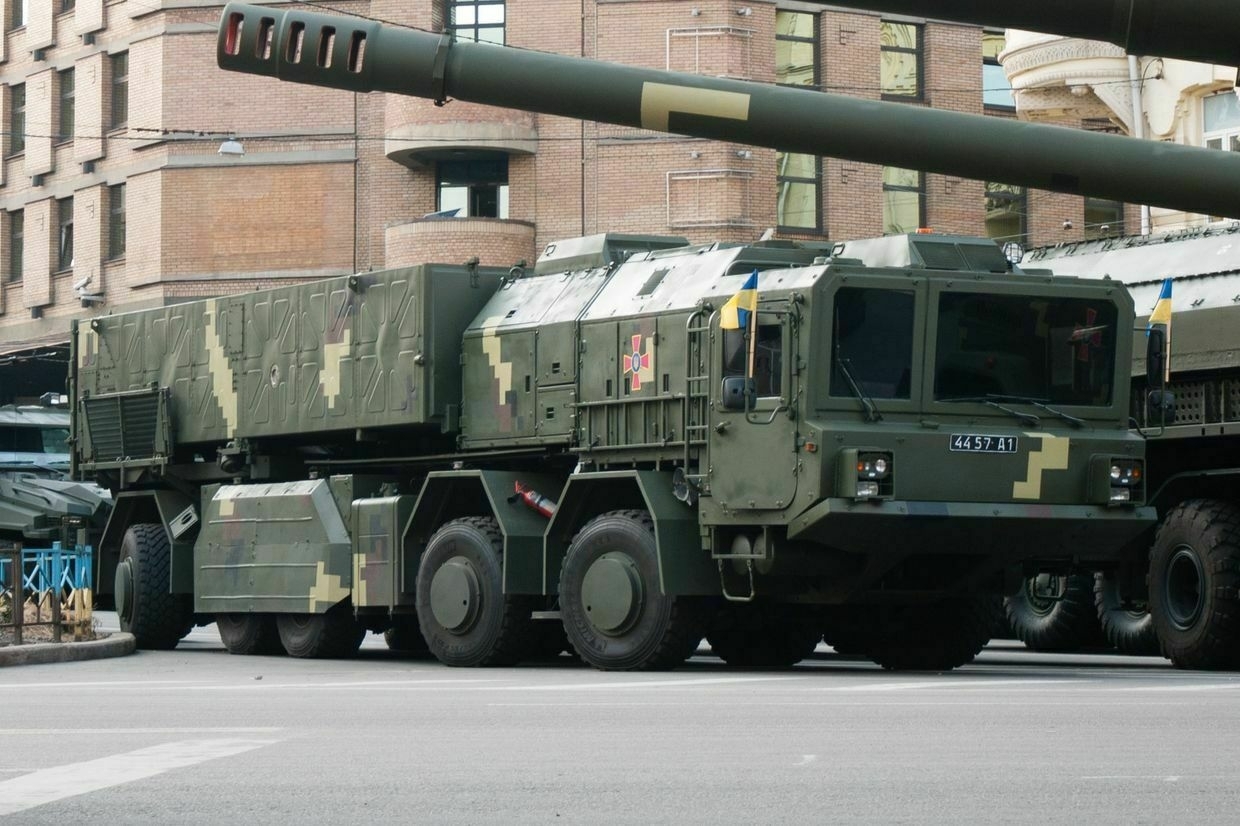
-
Slovak police tried to detain ex-defense minister over Ukraine aid deal, media reports
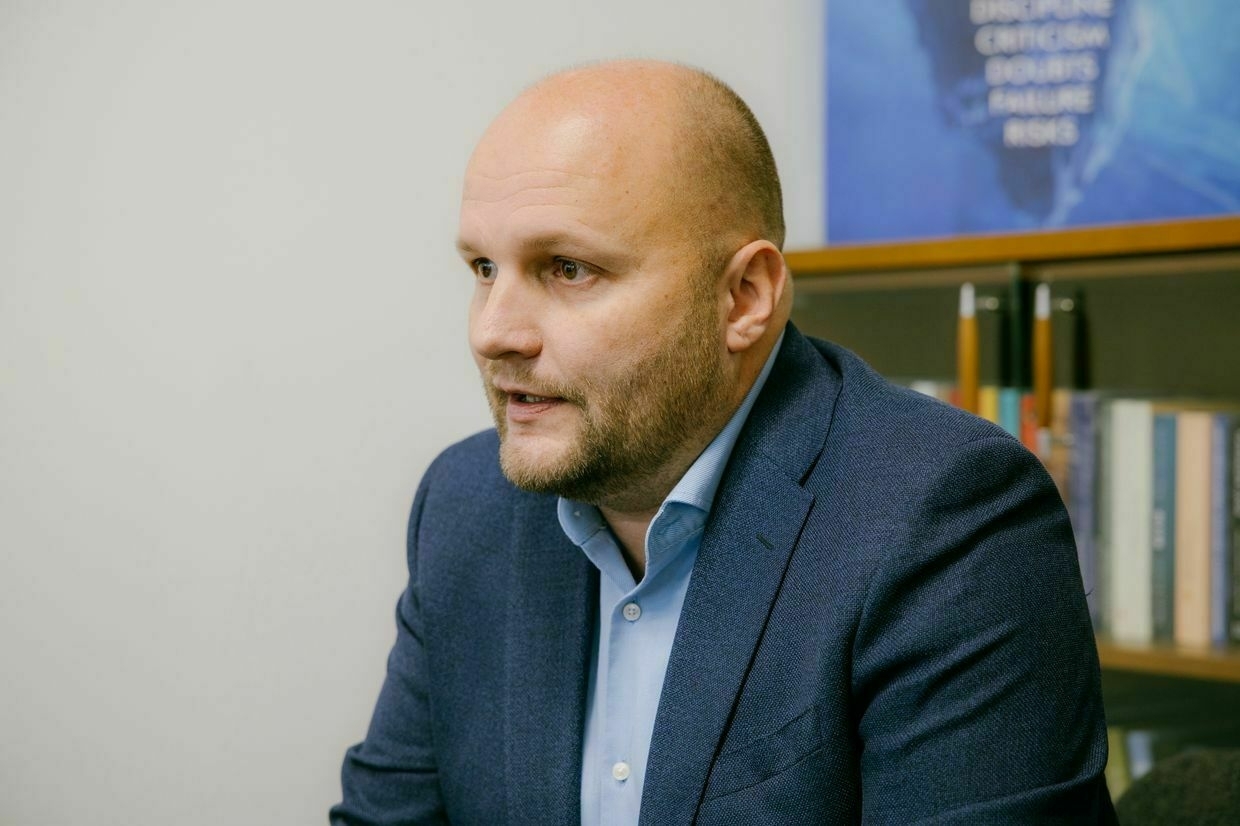
The Slovak police sought to detain ex-Defense Minister Jaroslav Nad over alleged misconduct during the donation of ammunition to Ukraine in 2022, the Slovak newspaper Dennik N reported on June 18, citing two undisclosed sources.
According to his social media, Nad is currently vacationing in Canada. The Slovak police reportedly also seek to detain a former Defense Ministry official and have detained an ex-head of the Konstrukta Defense state company in a move denounced by Nad’s opposition Democrats party as politically motivated.
The police operation reportedly concerns 120 mm rounds that Slovakia donated to Ukraine at the onset of Russia’s full-scale invasion in 2022. The Slovak Defense Ministry allegedly initially sold the obsolete ammunition to a private company, only to later purchase it through Konstrukta Defense for a higher price for swift deliveries to the war-torn nation.
Nad was the defense minister between 2020 and 2023, during which time Slovakia decisively supported Ukraine against Russian aggression and provided substantial military aid.
Bratislava’s foreign policy radically shifted after the election victory of left-nationalist Robert Fico in September 2023, who halted military aid from Slovak military stocks, adopted more hostile rhetoric toward Kyiv, and sought close energy ties with Russia.
Nad dismissed the allegations as a “theater,” portraying it as the government’s attempt to distract the public from internal problems.
“Today’s theater didn’t shock or upset me in the slightest,” Nad said on Facebook.
“I’ll keep reminding myself of how proud I am of the support we gave to Ukraine. I’d make the same decision again — without hesitation."
Fico has long criticized Western military aid to Ukraine and the defense assistance provided to Kyiv under the previous Slovak government. In a separate case last year, Slovak Defense Minister Robert Kalinak denounced last year a decision to send MiG-29 jets to Ukraine as “treason."
Tired of military aid delays, Ukraine has designed its own ballistic missile — and it’s already in mass-productionUkraine announced on June 13 that its short-range Sapsan ballistic missile would go into mass production, a major development in Kyiv’s ongoing efforts to domestically produce the weapons it needs to fight Russia’s full-scale invasion. As Ukraine faces growing challenges in securing weapons from Western partners, and Russia continues launchingThe Kyiv IndependentYuliia Taradiuk
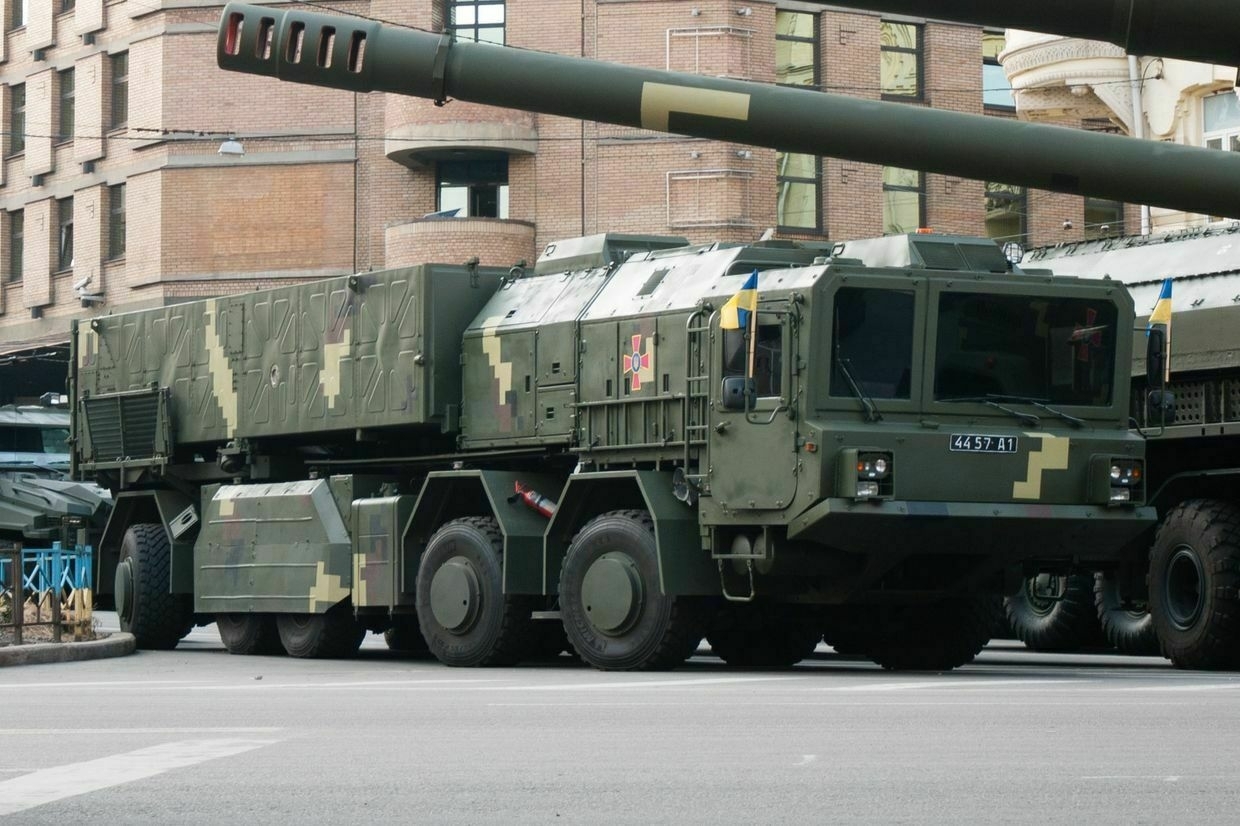
-
For the first time, Australia sanctions Russian shadow fleet oil tankers
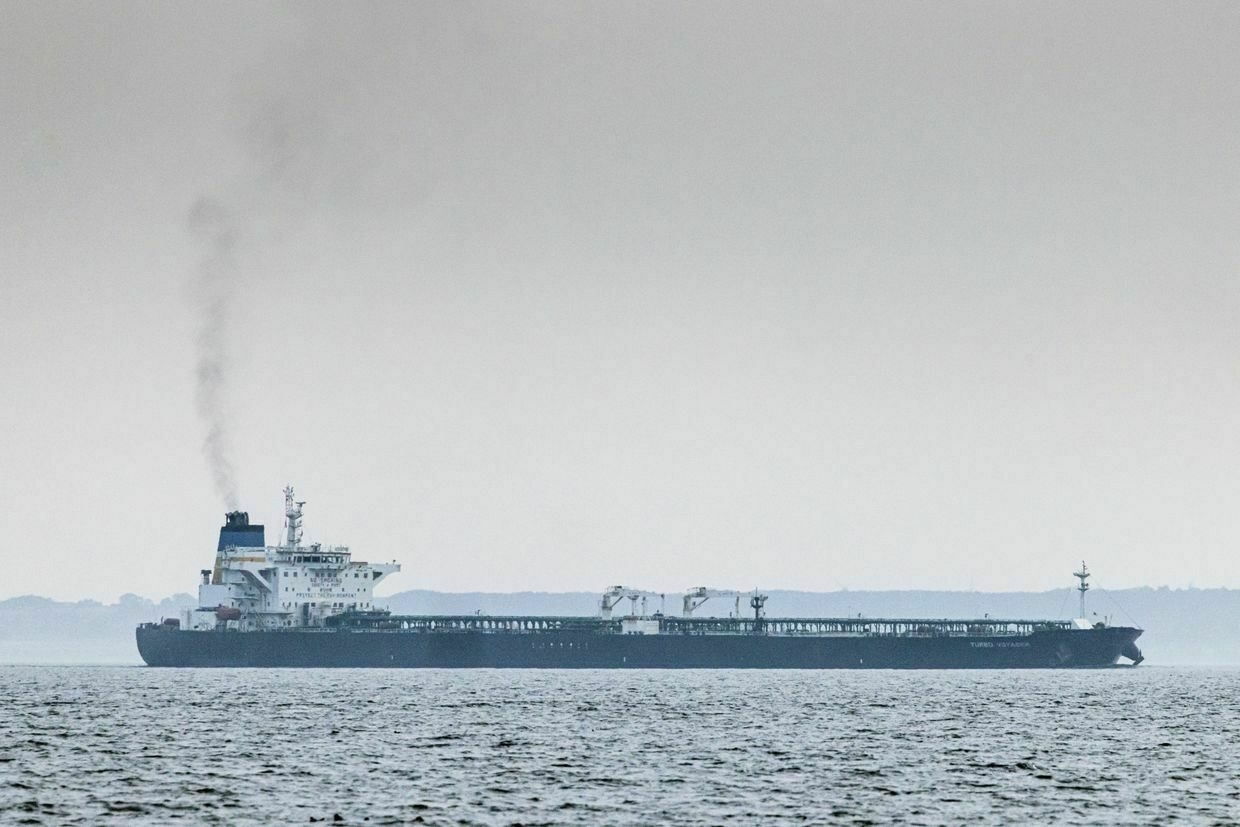
Australia has, for the first time, imposed sanctions on Russia’s so-called “shadow fleet” of oil tankers, targeting 60 vessels used to circumvent international sanctions and sustain the Kremlin’s war effort in Ukraine, the Australian government said on June 18.
The move aligns Canberra with similar measures introduced by the United Kingdom, Canada, and the European Union.
Australia’s Foreign Ministry said the sanctioned vessels operate under “deceptive practices, including flag-hopping, disabling tracking systems and operating with inadequate insurance,” enabling illicit Russian oil trade that undermines international sanctions.
“Russia uses these vessels to circumvent international sanctions and sustain its illegal and immoral war against Ukraine,” the ministry said in a statement.
With this move, Australia has now sanctioned more than 1,400 Russian individuals and entities since Moscow’s full-scale invasion of Ukraine began in February 2022, the government said.
The step comes amid the continued operation of Russia’s shadow fleet. According to a recent study by the Kyiv School of Economics (KSE), Russia currently operates 435 tankers outside the control of Western regulators to evade sanctions such as the G7-EU price cap on Russian oil.
These vessels are typically un- or underinsured and pose a rising environmental risk due to their age and operational opacity.
KSE estimates that as of April 2024, 83% of Russia’s crude oil and 46% of its petroleum product exports were shipped using shadow fleet tankers. The study warns that this undermines the effectiveness of Western sanctions and increases the likelihood of maritime disasters, as many of these ships fall outside international safety and insurance standards.
The EU formally adopted its 17th sanctions package against Russia in May, sanctioning nearly 200 vessels tied to the shadow fleet. EU foreign policy chief Kaja Kallas said the new measures also target hybrid threats and human rights violations, with more sanctions under consideration.
Some EU member states and observers have criticized the package for lacking stronger provisions to disrupt Russia’s sanction evasion schemes.
Now, the EU seeks to approve its 18th sanctions package, which will add 77 more shadow fleet vessels to comply with the cap to prevent Russia from circumventing sanctions and propose imposing a ban on imports of petroleum products made from Russian oil.
The United States has signaled reluctance to pursue additional sanctions despite Moscow’s continued aggression in Ukraine and rejection of ceasefire proposals supported by Western allies.
Putin ‘cannot be trusted’ as mediator, Kallas says, urges EU to tighten Russian oil cap after deadly Kyiv strikeEU High Representative Kaja Kallas urged the European Union to press forward with lowering the oil price cap on Russian crude, even without U.S. support, warning that Middle East tensions could otherwise drive prices up and boost Russia’s revenues.The Kyiv IndependentAnna Fratsyvir
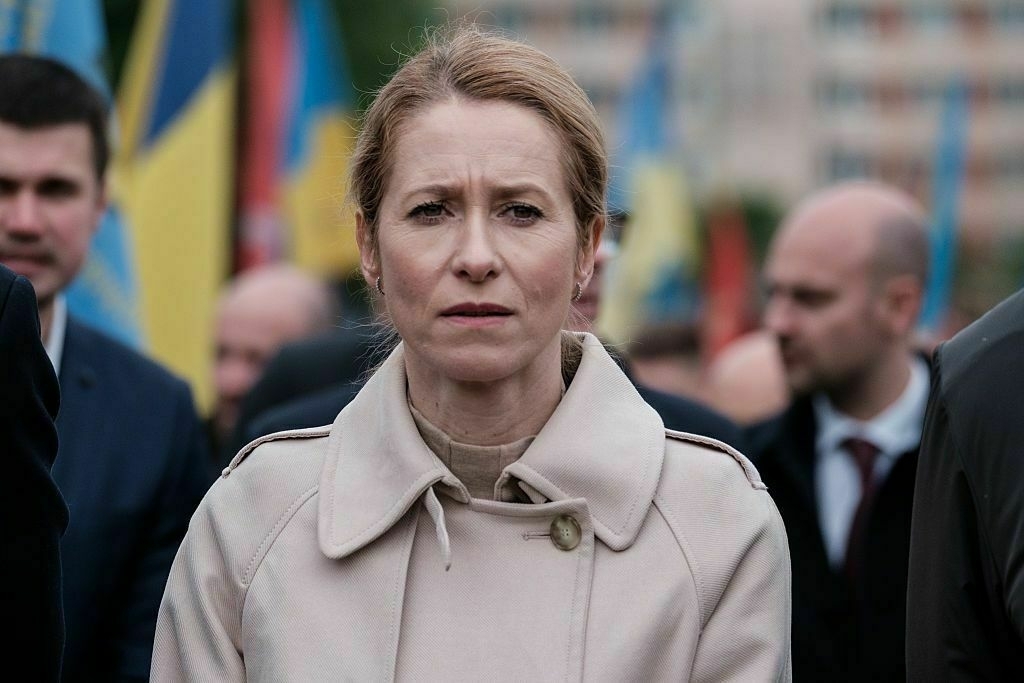
-
Ukraine won't receive NATO invitation at The Hague summit, Lithuanian FM says
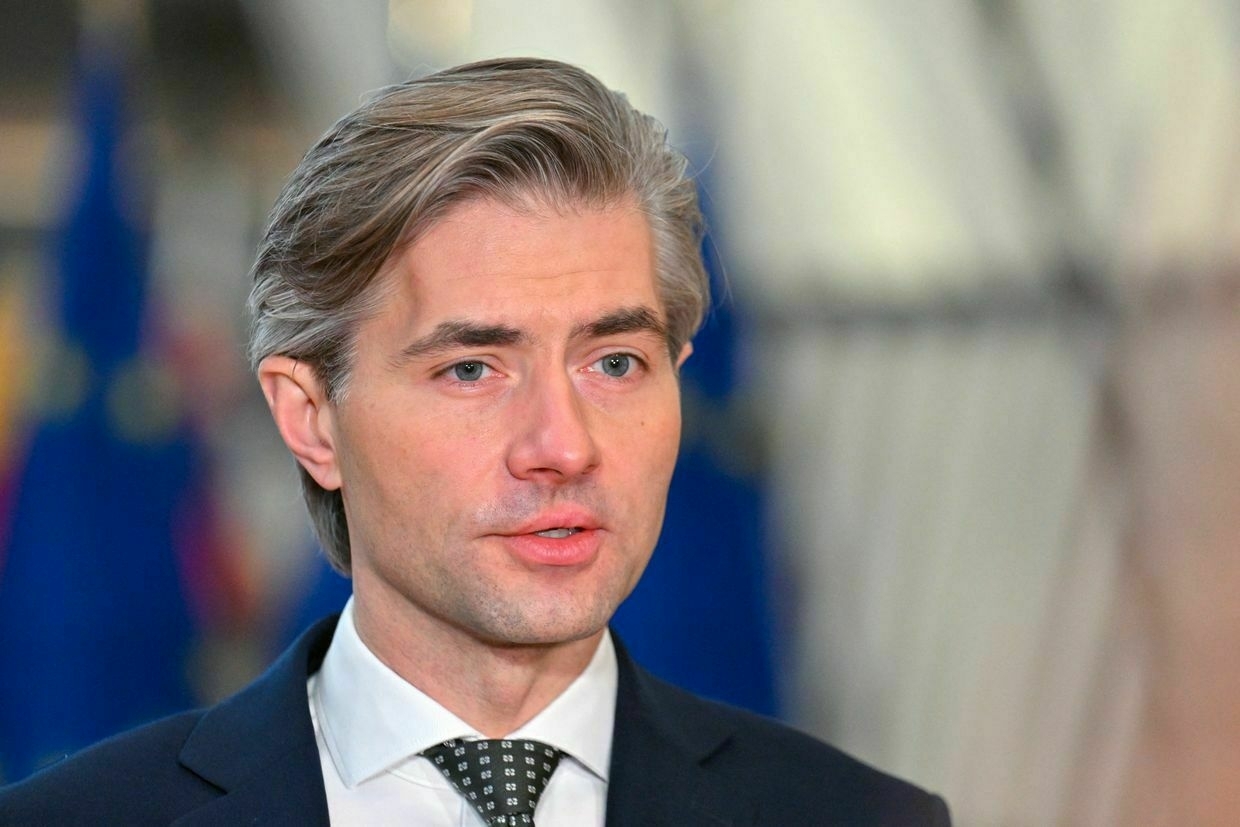
An invitation for Ukraine to become a member of NATO “is not on the agenda” of the upcoming summit in The Hague, Lithuanian Foreign Minister Kestutis Budrys said in an interview with the Baltic News Service published on June 18.
“This issue is certainly not on the NATO agenda and nobody has formulated an expectation that there will be an invitation in The Hague, nor have we heard that from the Ukrainians themselves,” Budrys said in comments quoted by the LRT broadcaster.
“There is no such expectation that there will be breakthrough decisions, neither before the Washington summit nor now before the Hague summit – it is not on the agenda."
The comments, coming less than a week before the summit, hint at a shifting rhetoric within the alliance regarding Ukraine’s potential membership after U.S. President Donald Trump took office.
The new Trump administration has spoken out against Kyiv’s accession, and the U.S. president even echoed the false Russian narratives that its efforts to join NATO helped instigate Russia’s full-scale invasion.
Unlike during the previous summits, the final communique may reportedly completely omit the topic of Ukraine’s membership, as NATO members seek to avoid a conflict with Trump. The gathering was also preceded by rumors that Ukraine may not be invited due to U.S. opposition, but the invitation was extended in the end.
In spite of these tensions, Budrys said that the summit should keep its focus on Ukraine, stressing that the war-torn country is part of the Euro-Atlantic security space.
Ukraine applied for NATO membership in September 2022, months after the outbreak of the full-scale Russian invasion. The alliance has signaled support for Kyiv’s accession efforts in previous years, even declaring at the Washington summit in 2024 that Ukraine’s path to membership is “irreversible” — but stopping short of a formal invite.
Kyiv’s swift entry seems increasingly unlikely amid opposition from the U.S. and several other members, even though NATO Secretary General Mark Rutte recently reaffirmed that a political commitment to Ukraine’s membership stands. Ukraine would need support from all 32 members to join.
It remains uncertain whether The Hague summit will lead to any breakthroughs regarding Ukraine. Following signals that U.S. President Donald Trump may not attend the event, the Guardian reported that President Volodymyr Zelensky may skip the summit as well.
Tired of military aid delays, Ukraine has designed its own ballistic missile — and it’s already in mass-productionUkraine announced on June 13 that its short-range Sapsan ballistic missile would go into mass production, a major development in Kyiv’s ongoing efforts to domestically produce the weapons it needs to fight Russia’s full-scale invasion. As Ukraine faces growing challenges in securing weapons from Western partners, and Russia continues launchingThe Kyiv IndependentYuliia Taradiuk
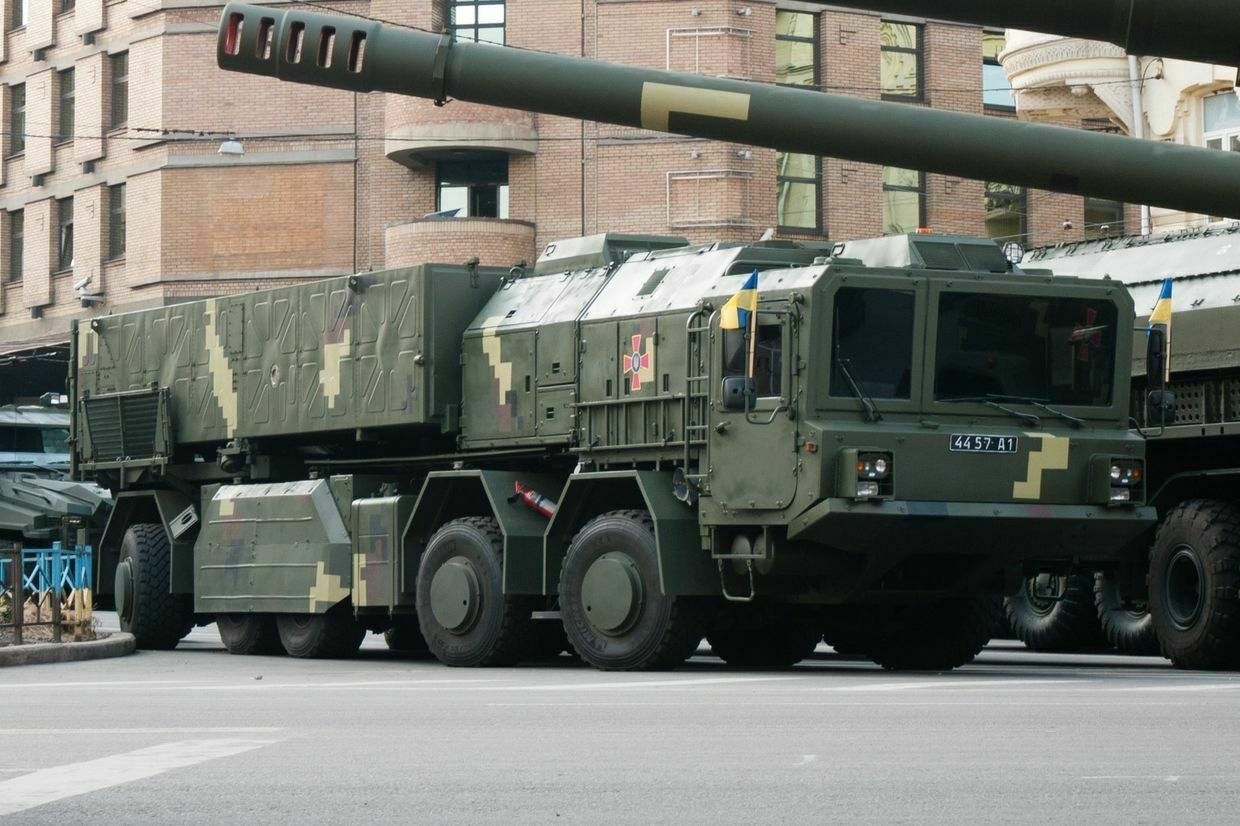
-
Zelensky may reportedly skip NATO summit over uncertainty about Trump's attendance
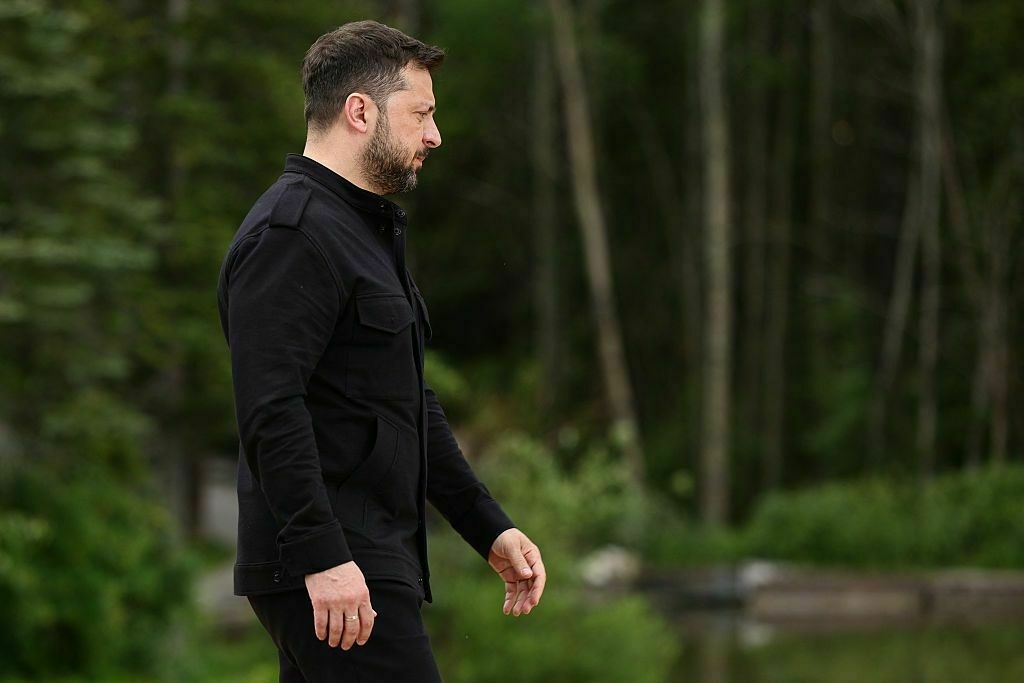
President Volodymyr Zelensky may reconsider attending the NATO summit in The Hague, as questions remain over U.S. President Donald Trump’s participation, the Guardian reported on June 17, citing unnamed Ukrainian officials.
According to the Guardian, some in Kyiv are unsure if Zelensky’s presence at the June 24-25 summit would be worthwhile without a confirmed meeting with Trump, whom they had hoped to engage directly in efforts to pressure Russian President Vladimir Putin into accepting a ceasefire.
Earlier, Zelensky had traveled to the G7 summit in Canada, hoping to meet one-on-one with Trump and push for stronger sanctions against Russia. Trump left the summit early, citing the crisis in the Middle East, and no bilateral meeting or joint G7 statement took place.
One official told the Guardian that Ukraine is in a “permanent hazard” of becoming a victim of “Trump’s short attention span,” adding that Russia has exploited this uncertainty by fresh aerial attacks. The source added that there had been “all sorts of promises for this summit,” including U.S. arms.
The Russian attack on Ukraine that occurred during the G7 summit killed at least 24 civilians and injured 134 in Kyiv. Trump has not responded to the attack as of the day after.
German Chancellor Friedrich Merz has reportedly said Trump had previously promised to attend the NATO gathering, though no official confirmation has been issued from Washington.
Despite the setback, Zelensky said the G7 meeting had concrete results for Ukraine. In a Telegram post on June 17, he thanked partners for increased military aid, new sanctions on Russia, and the decision to allocate frozen Russian assets for Ukraine’s reconstruction.
“It is important that our partners are ready not only to support our defense now, but also to rebuild Ukraine together after the war ends,” he said.
Canadian Prime Minister Mark Carney announced a support package that includes 2 billion Canadian dollars ($1.5 billion) in military assistance and another $1.6 billion in reconstruction loans. The aid includes drones, armored vehicles, ammunition, and sanctions to disrupt Russia’s energy revenues.
U.K. Prime Minister Keir Starmer also unveiled new sanctions targeting Russia’s military-industrial complex and 20 oil tankers from Russia’s “shadow fleet."
Zelensky later told G7 leaders that “diplomacy is now in a state of crisis” and called on allies to press Trump to “use his real influence” to help end the war.
Ukraine has been invited to the NATO summit, and Zelensky previously called the invitation “important” during a June 2 press briefing. At the time, he did not confirm whether he would attend in person.
As Trump stays silent, US Embassy makes late denunciation of Russia’s attack on Kyiv“We extend deepest condolences to the victims’ families. This senseless attack runs counter to President Trump’s call to stop the killing and end the war,” the U.S. Embassy in Ukraine said in a statement.The Kyiv IndependentAnna Fratsyvir
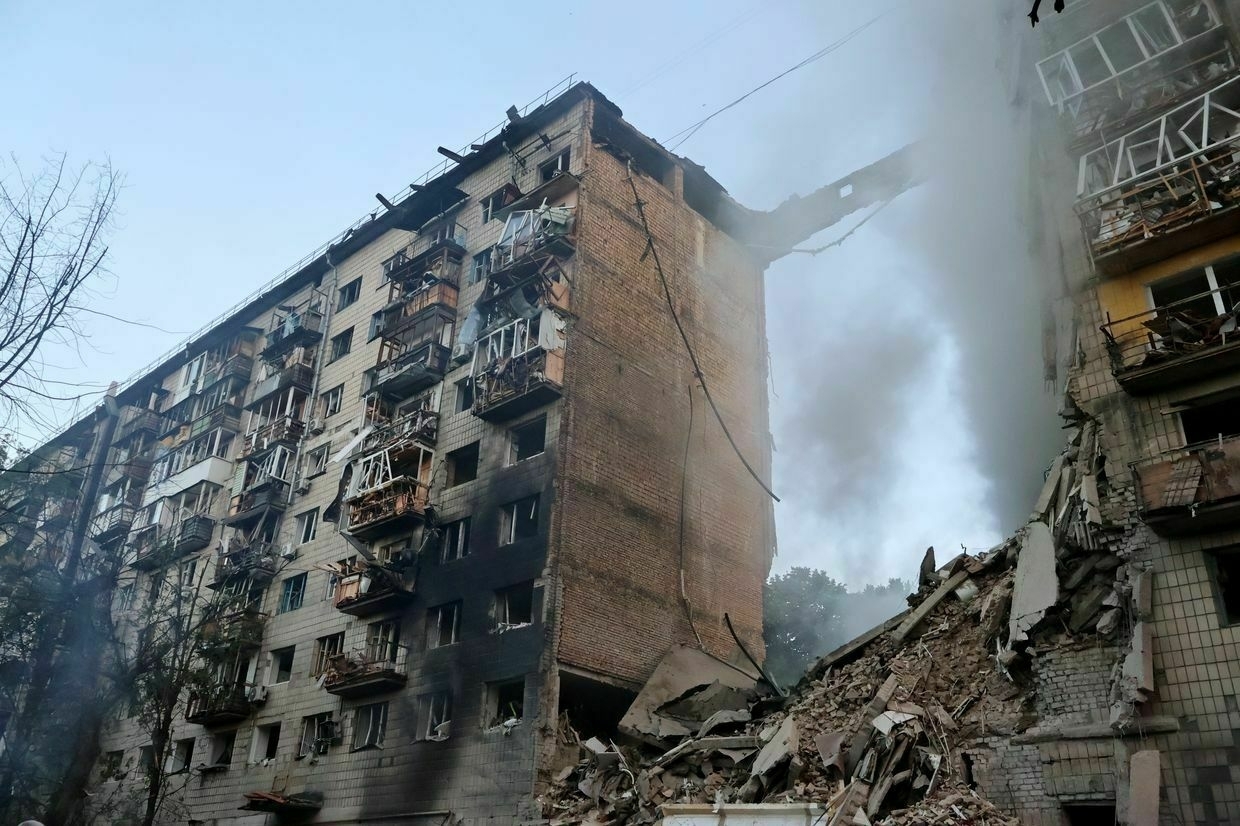
-
Ukraine dismisses Russia's 'absurd' ceasefire condition for dismantling Western arms
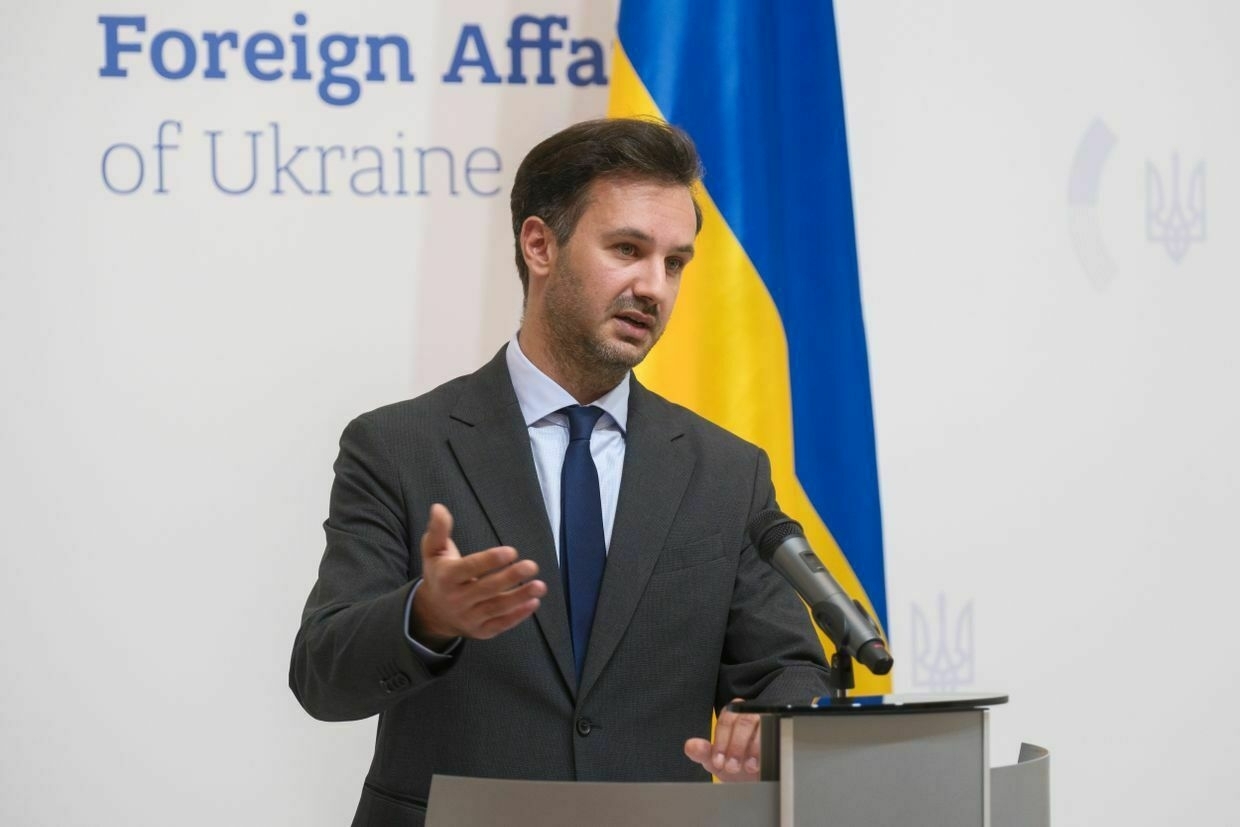
Ukraine’s Foreign Ministry on June 18 brushed off Moscow’s demands for Kyiv to destroy or dismantle Western-supplied weapons as a condition for a ceasefire, saying it shows disregard for U.S. peace efforts.
"Russian officials make new absurd demands almost every day. Total inadequacy," Ukrainian Foreign Ministry spokesperson Heorhii Tykhyi said on X.
“Moscow shows complete disregard for the United States' efforts to end the war."
Russian Deputy Foreign Minister Alexander Grushko raised the demand in an interview with the state-run newspaper Izvestia earlier this week.
“All these surpluses must be destroyed. All international algorithms are known. They must be reduced, disposed of, and guaranteed,” Grushko said.
The Kremlin has previously demanded a complete halt on Western military aid to Ukraine as a key condition for a truce. Kyiv and its European partners have rejected this, instead urging increased military assistance to the war-torn country.
The demand reflects Moscow’s growing list of maximalist conditions presented in its so-called “peace memorandum” during negotiations with Ukraine in Istanbul on June 2.
While the recent peace talks ended with an agreement on major prisoner exchanges and repatriation of fallen soldiers, they have failed to achieve a breakthrough in the peace talks.
U.S. President Donald Trump, who initially pledged to broker peace in Ukraine within 24 hours of taking office, has become increasingly disengaged in the effort. He has also been reluctant to apply pressure on Moscow to push it to a ceasefire deal despite repeatedly threatening additional sanctions.
‘He said he wasn’t going anywhere’ — Survivors search for missing following Russia’s deadliest attack on Kyiv this yearSitting a few meters from the rubble of what used to be a nondescript nine-story residential building in Kyiv, Lilia rises to her feet every time another pile of debris is cleared from the site targeted by Russia during a mass overnight attack on June 17. “We are waiting (asThe Kyiv IndependentKateryna Denisova
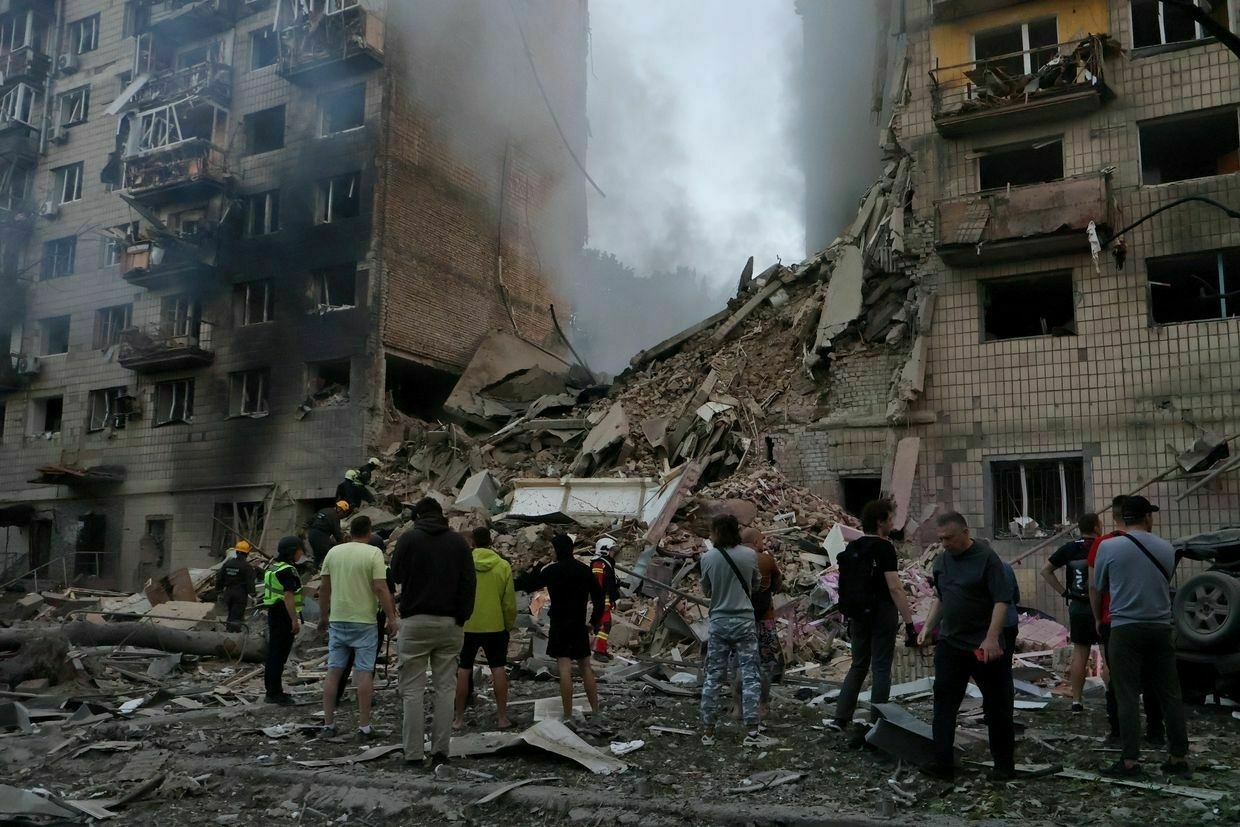
-
Ukraine's parliament passes state asset agency reform crucial for EU funding
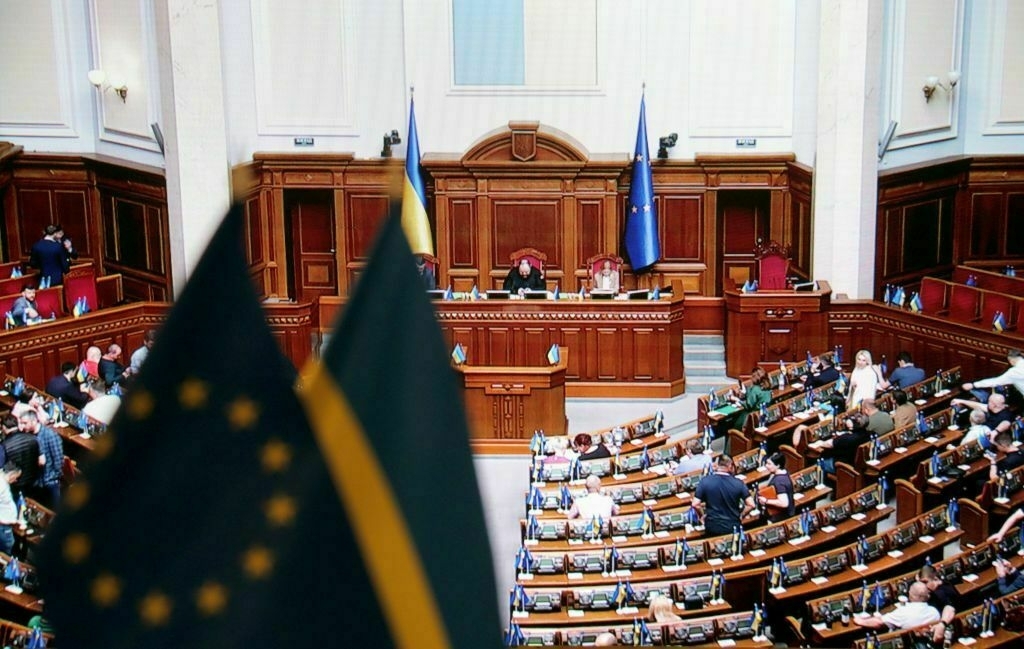
Ukraine’s parliament passed a reform of the Asset Recovery and Management Agency (ARMA) on June 18, a key step toward European integration and a condition listed in the EU’s Ukraine Facility plan.
The legislation passed with the support of 253 lawmakers “after months of obstructions… unblocking 600 million euros ($690 million) in EU funds,” lawmaker Yaroslav Zhelezniak said.
The ARMA is Ukraine’s national agency tasked with locating, recovering, and managing assets seized in criminal proceedings, namely during corruption cases.
Proposed reforms include stricter integrity and qualification standards for leadership candidates and merit-based hiring through open competitions involving civil society. They also call for independent external audits, clear deadlines for appointing asset managers, and the use of certified professionals held legally accountable for mismanagement.
The Ukraine Facility, an EU program providing Ukraine with 50 billion euros ($58 billion) in multi-year financial support contingent on reforms, set the end of March as the deadline for the ARMA’s reform.
Anti-corruption experts, lawmakers, and Transparency International in Ukraine have backed the reforms, but discussions have dragged on for months since several versions of the bill were introduced in December 2024 and January.
The ARMA has long criticized the proposed legislation, arguing it had already carried out substantial and “transformative” reforms since 2023.
Transparency International reacted by saying that the ARMA’s “public communication suggests that the agency’s primary concern is not the introduction of meaningful reforms, but ensuring that its current leadership can continue operating as it has."
Ukraine has embarked on extensive reforms as part of its efforts to join the EU and other Western structures, though Russia’s full-scale invasion has presented fresh challenges to this effort.
Ukraine’s parliament passes bill on multiple citizenshipUkraine’s parliament on June 18 supported a bill allowing Ukrainian citizens to hold passports of foreign countries, lawmaker Yaroslav Zhelezniak said.The Kyiv IndependentMartin Fornusek
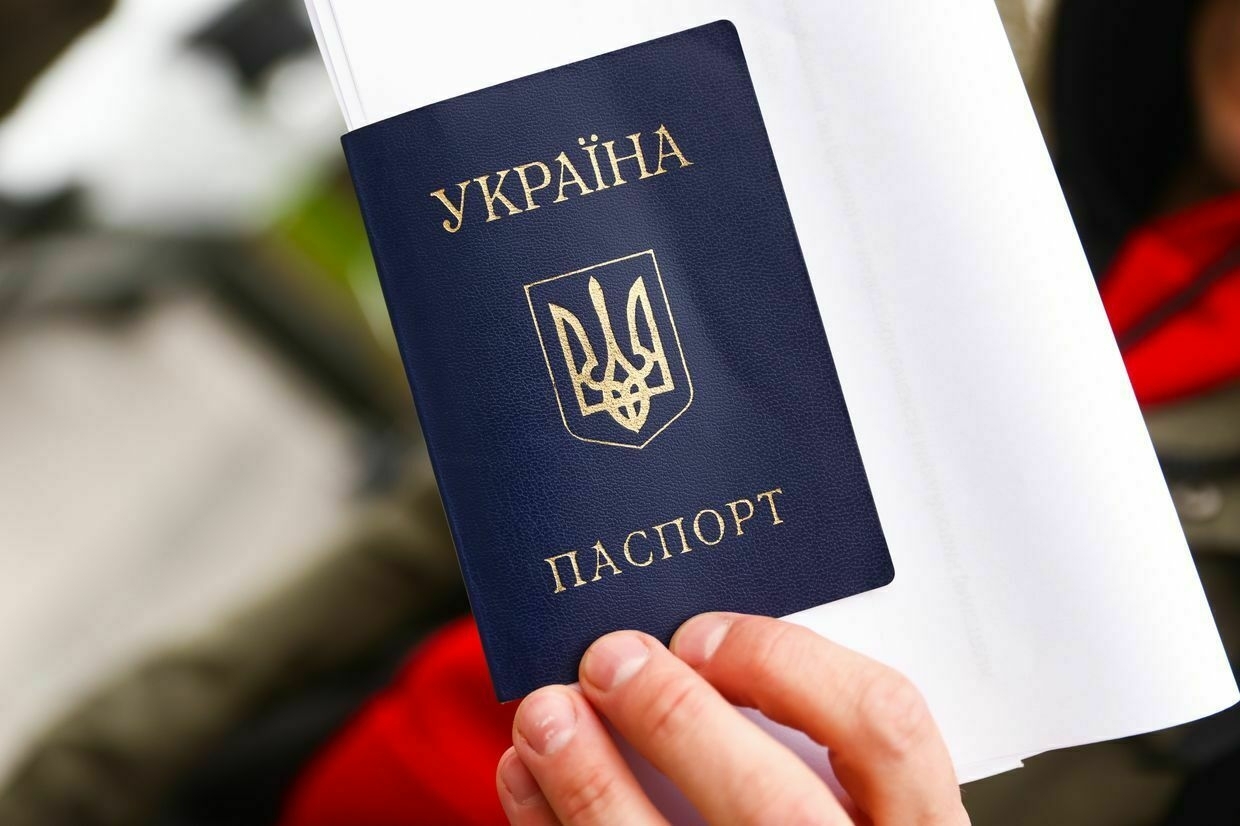
-
Ruslan Kravchenko approved as Ukraine's new Prosecutor General
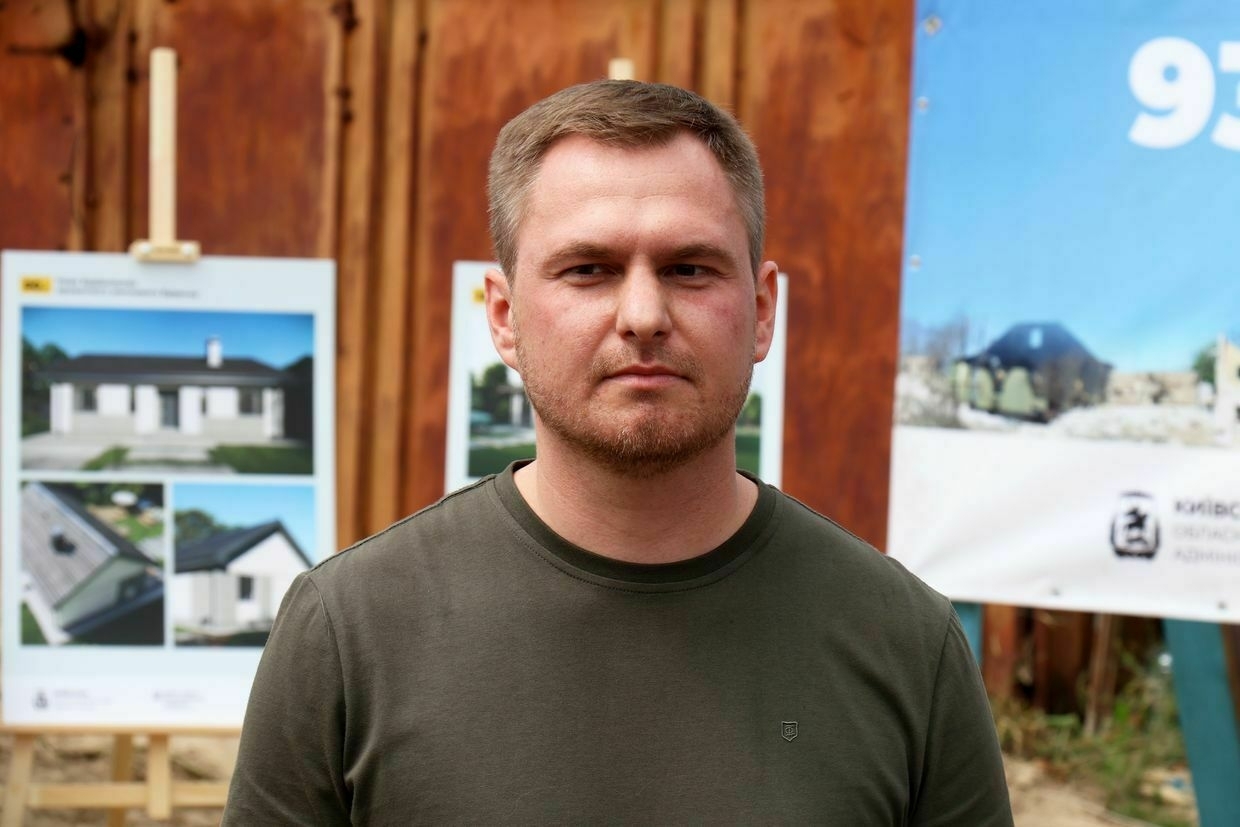
Ukraine’s parliament on June 17 approved President Volodymyr Zelensky’s nomination of 35-year-old Ruslan Kravchenko as the country’s new prosecutor general, making him the youngest person to ever hold the post.
Kravchenko, a former military prosecutor and most recently head of Ukraine’s tax service, replaces Andrii Kostin, who stepped down in October 2024 following a scandal involving fraudulent disability claims by dozens of prosecutors in Khmelnytskyi Oblast.
Lawmakers supported Kravchenko’s appointment with 273 votes in favor, according to Yaroslav Zheleznyak, an MP from the Holos party.
A native of Sievierodonetsk in eastern Ukraine, Kravchenko served as a military prosecutor in Crimea before leaving the peninsula after Russia’s annexation in 2014. He was one of the prosecutors in the case of fugitive President Viktor Yanukovych.
Kravchenko will now lead the Prosecutor General’s Office amid war, reforms, and heightened scrutiny of law enforcement bodies' work. His predecessor, Kostin, resigned after the media revealed that at least 50 prosecutors had allegedly received disability status fraudulently — a scandal that sparked widespread criticism.
The Prosecutor General’s Office has played a central role in documenting Russian war crimes and enforcing anti-corruption efforts, especially since Russia’s full-scale invasion began in February 2022.
Zelensky welcomes G7 support as summit delivers no strong breakthrough for UkrainePresident Volodymyr Zelensky said on June 17 that the G7 summit had produced concrete results for Ukraine, including increased military support, new tranches of aid using frozen Russian assets, and additional sanctions targeting the sources of Russia’s war effort.The Kyiv IndependentOlena Goncharova
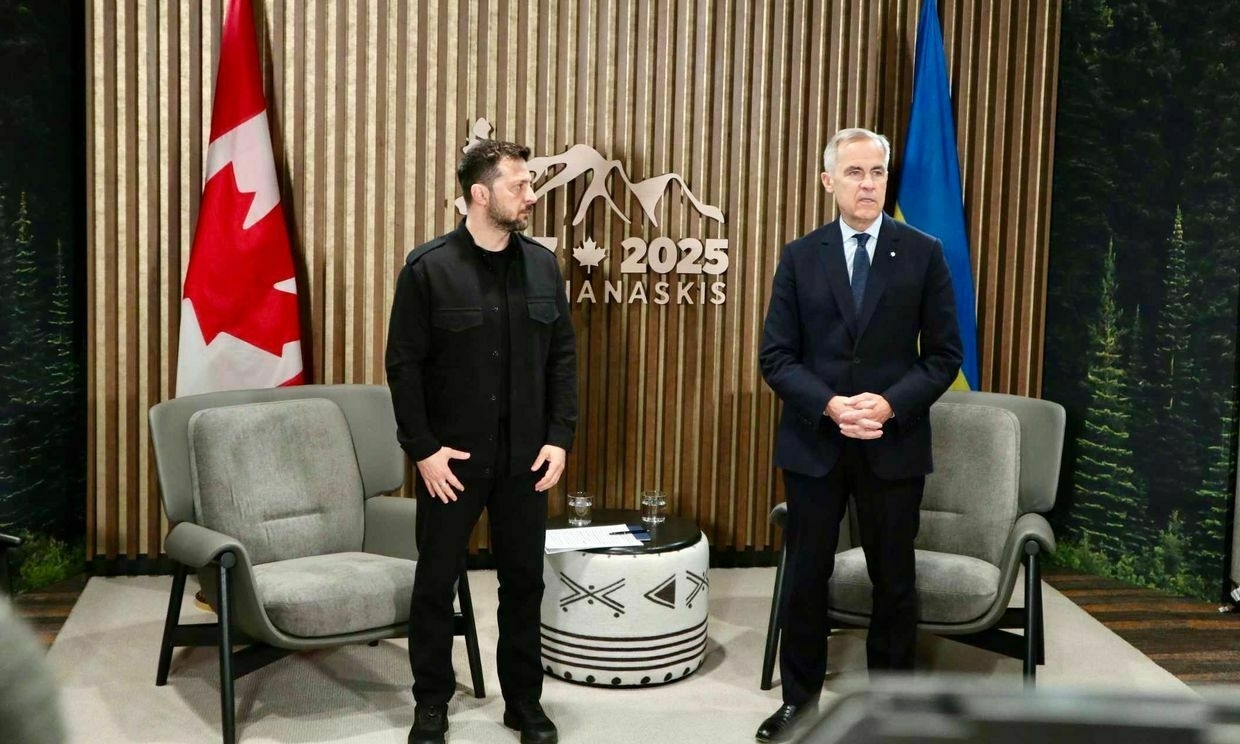
-
Clashes erupt in southwestern Ukraine over church control amid shift away from Moscow-affiliated clergy
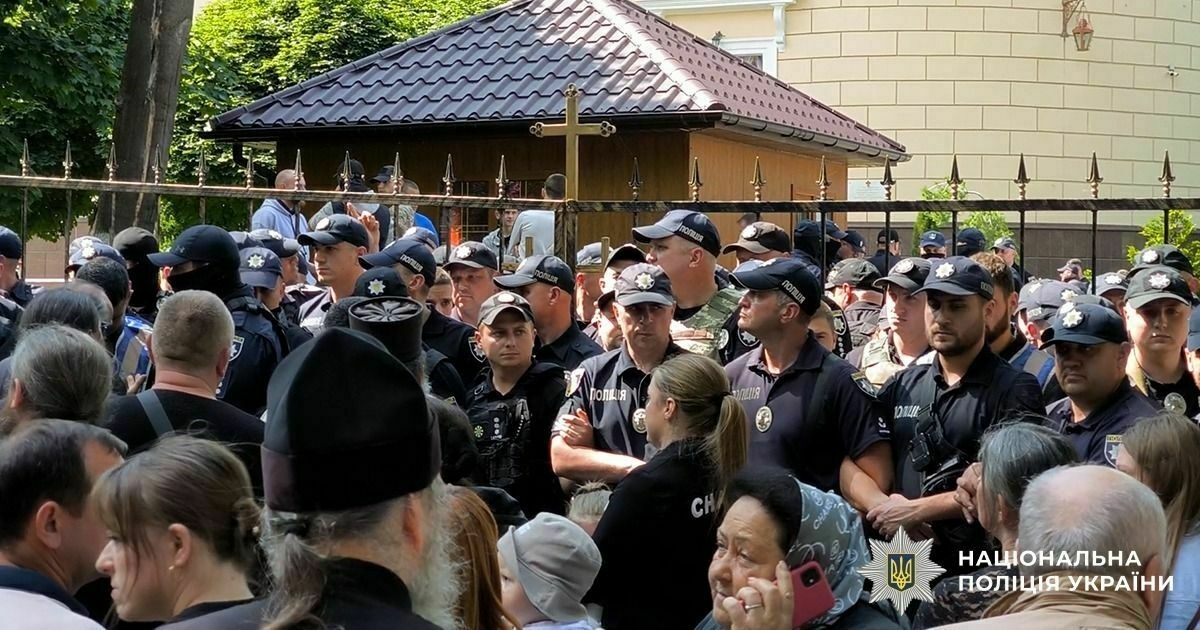
Violent clashes broke out on June 17 outside the Holy Spirit Cathedral in Chernivtsi, a city in southwestern Ukraine, as hundreds of people attempted to force their way into the church following a long-running dispute over its religious affiliation, Suspilne reported.
The unrest reflects Ukraine’s broader struggle to sever ties with the Russian-affiliated Ukrainian Orthodox Church of the Moscow Patriarchate (UOC-MP) amid the ongoing war, which was extensively used by Moscow as a propaganda tool.
According to public broadcaster Suspilne, the crowd gathered to assert control over the church, which had recently voted to switch allegiance from the UOC-MP to the Orthodox Church of Ukraine (OCU) — an autocephalous (autonomous) Ukrainian church not affiliated with Moscow.
The police were reportedly deployed to prevent escalation but were eventually overwhelmed as protesters breached the church fence and entered the grounds. Officers deployed tear gas, and medics reported treating around 30 people for injuries.
The confrontation came after local authorities re-registered the Holy Spirit Cathedral and two other major parishes in Chernivtsi under the jurisdiction of the OCU earlier this year. Bishop Feognost of the OCU confirmed to Suspilne that the day marked the first Ukrainian-language prayer service in the cathedral, a significant symbol of the national church’s growing influence.
The dispute stems from decades of tension between Orthodox churches in Ukraine and has intensified since Russia launched its full-scale invasion in 2022. The UOC-MP, while claiming to have severed ties with Moscow, remains legally subordinate to the Russian Orthodox Church, which is seen as a close ally of the Kremlin.
Ukrainian lawmakers passed legislation in August 2024 banning religious organizations with ties to Russia. The law, signed by President Volodymyr Zelensky, gave such organizations nine months to cut all legal and institutional connections with Moscow. Over 100 UOC-MP clergymen have been investigated for suspected collaboration with Russian forces, with dozens facing criminal charges.
Local media say the scene outside the cathedral grew tense as both UOC-MP and OCU supporters gathered. Some attempted to tear down gates while chanting “shame!” and others blocked roads, disrupting traffic. The police temporarily restricted access to the site and launched an investigation.
Suspilne reported that Metropolitan Meletii of the UOC-MP later entered the cathedral after the gates were forced open. Worshippers not aligned with the OCU began a service inside, prompting further clashes. Fire extinguishers were reportedly used inside the building to push back demonstrators.
Chernivtsi Mayor Roman Klichuk initially welcomed the transition of the church to the OCU as a “historic day” for Ukraine’s national church, but later deleted the post from his social media page, Suspilne said.
The Moscow-linked church claims it is the victim of religious persecution and insists that it operates lawfully. Critics argue its claims of independence are symbolic and that it remains deeply tied to Russia’s religious and political structures.
While Orthodox Christianity remains freely practiced and the most widespread religion in Ukraine, the government and a growing number of citizens view the UOC-MP as a potential security threat.
US Pastor in Ukraine on Russia’s threats, pressure against Christians in occupied territoriesDmytro Bodyu, a U.S. citizen and the pastor of the “Word of Life” Pentecostal Church in Russian-occupied Melitopol, was detained by Russians in March 2022. During his detention, he was accused of working for the CIA and received death threats from the Russian military. Only an intervention by theThe Kyiv IndependentDanylo Mokryk
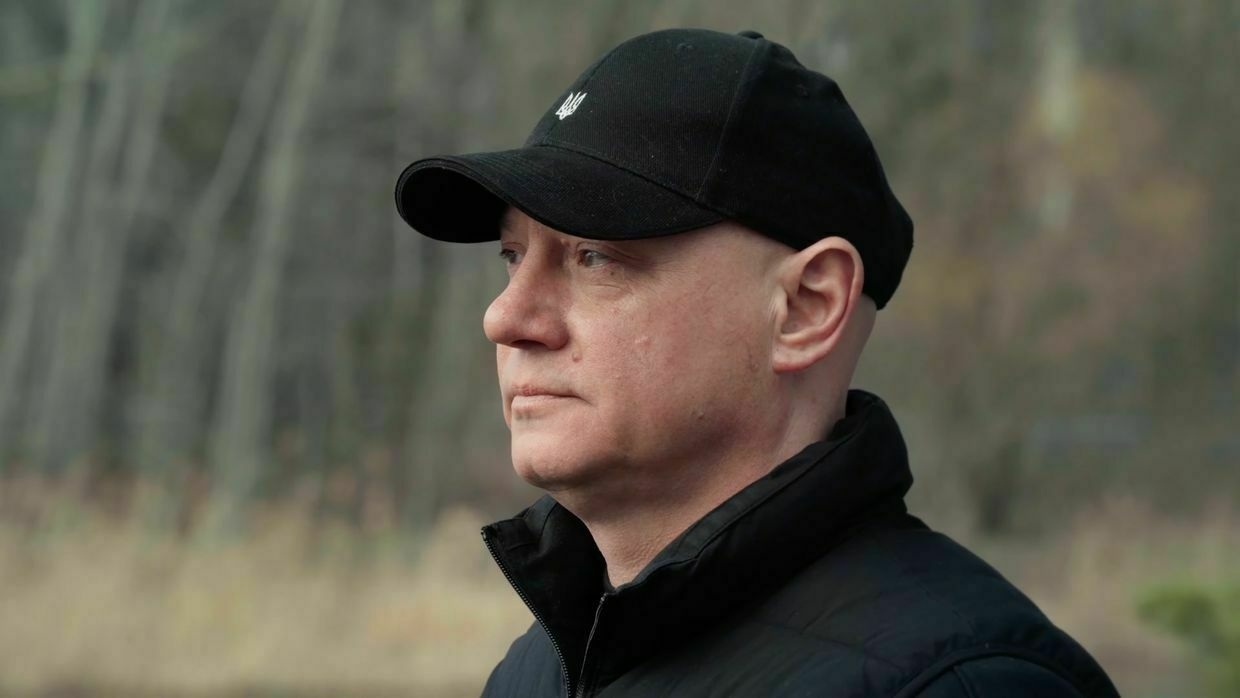
-
Ukraine's parliament passes bill on multiple citizenship
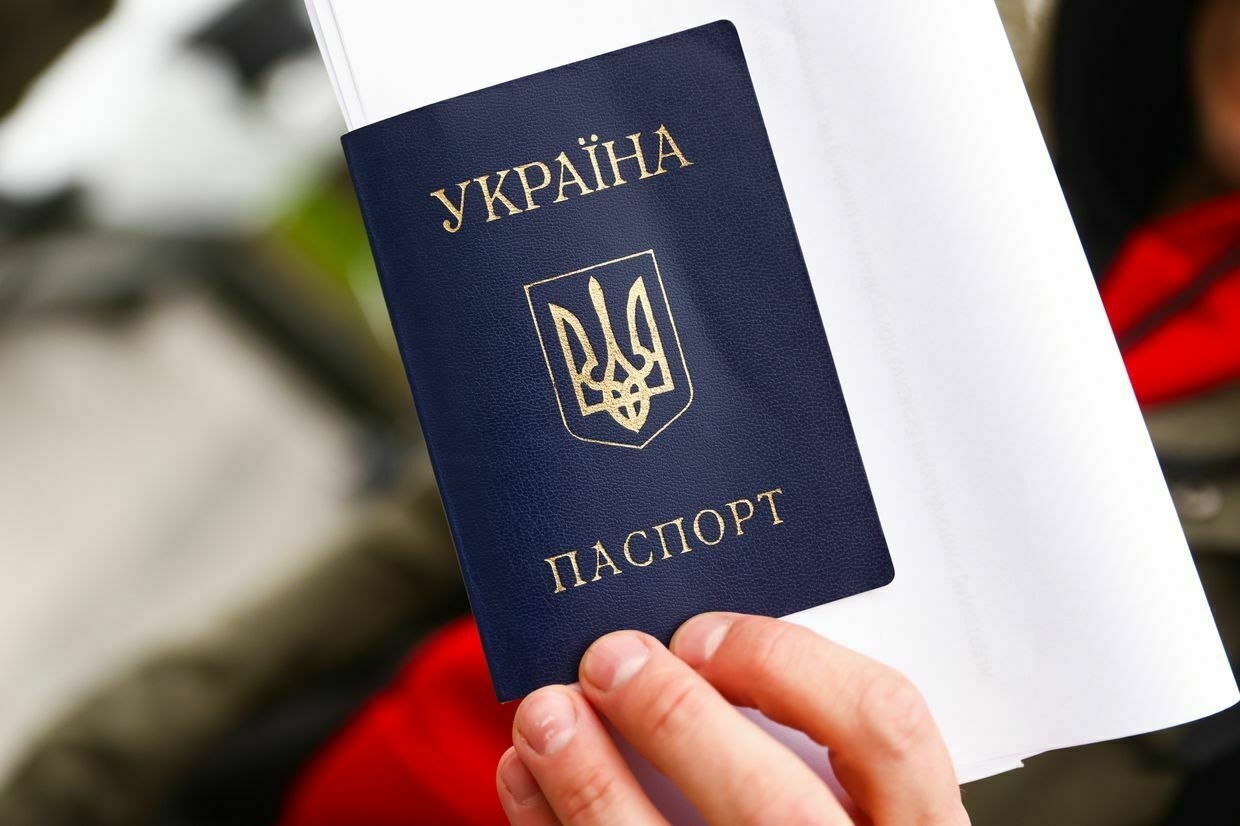
Ukraine’s parliament on June 18 supported a bill allowing Ukrainian citizens to hold passports of foreign countries, lawmaker Yaroslav Zhelezniak said.
The draft law, backed by 243 lawmakers in the second and final reading, outlines conditions for holding multiple citizenship and simplifies procedures for foreigners wanting to obtain Ukrainian passports.
The legislation must receive a presidential signature before entering force, largely a formality as President Volodymyr Zelensky himself submitted the bill last August.
Until now, the status of multiple citizenship has not been recognized by Ukrainian law.
The bill also establishes new grounds for losing citizenship, such as receiving a Russian passport or serving in the Russian Armed Forces.
The government will determine the list of countries whose citizens will be able to obtain Ukrainian passports in a simplified way, taking into account issues like EU membership or imposed sanctions in connection with Russian aggression.
Multiple citizenship will be recognized for foreigners from the listed countries who apply for Ukrainian citizenship, or if Ukrainian citizens apply for citizenship in these countries. It will also be recognized for Ukrainian spouses of foreign citizens and other specified cases.
Even before the full-scale invasion, the Ukrainian diaspora has been widespread around the world, with particularly large communities in the EU, the U.S., and Canada. The war drew millions more from their home, and 6.8 million Ukrainian refugees and asylum-seekers remain abroad as of 2025, according to U.N. data.
Among others, the bill is seen as part of Ukraine’s effort to strengthen ties with Ukrainians living abroad. Zelensky said the document should allow ethnic Ukrainians born abroad to obtain citizenship.
The president included the step in his 10-point internal resilience plan last November.
Hungary’s soft power meets Ukraine’s hard reality in ZakarpattiaBEREHOVE, Zakarpattia Oblast — Thin gray smoke drifts beyond the patchwork of Soviet-era apartment blocks, historical buildings, and hillside vineyards that make up Berehove — the heart of the Hungarian community in Ukraine’s westernmost Zakarpattia Oblast. “That’s Hungary, over there,” gestures Vitalii Antipov, a member of the local council, toward the not-so-distantThe Kyiv IndependentMartin Fornusek
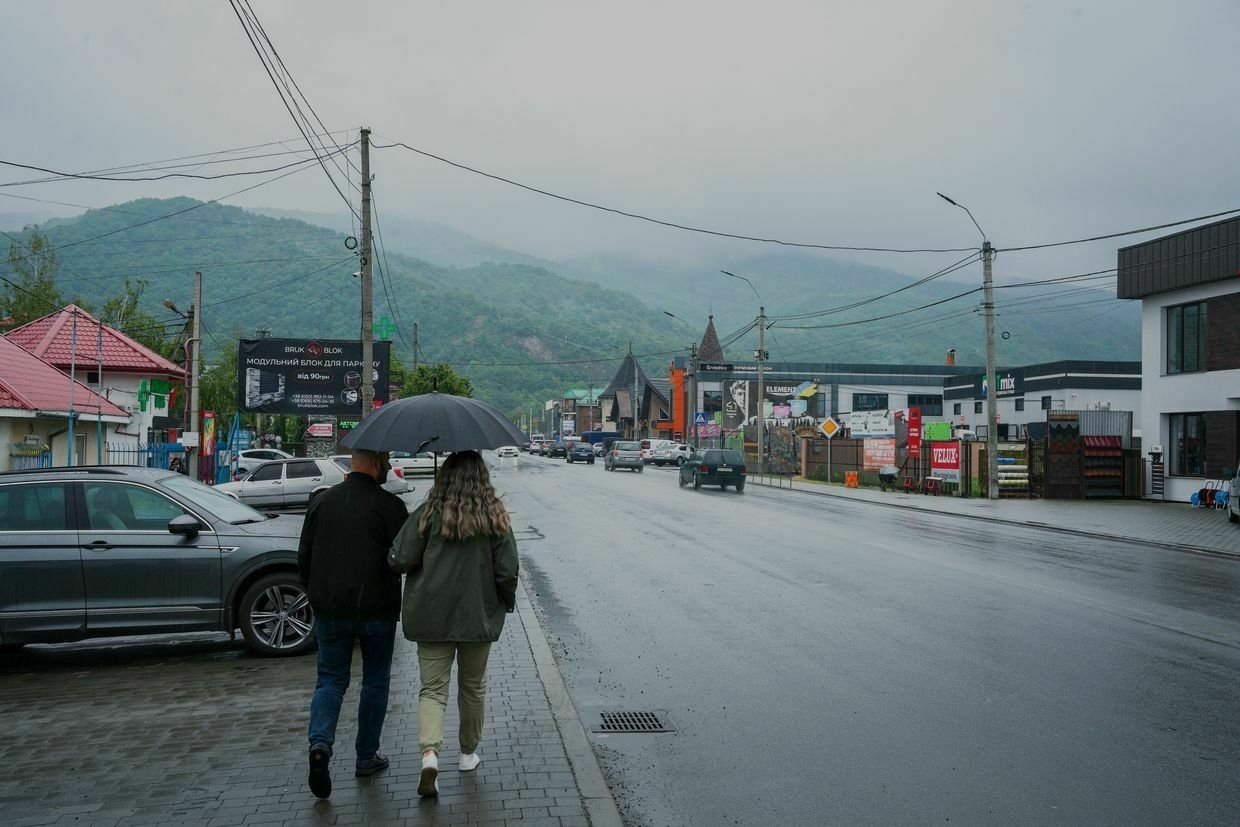
-
As Trump stays silent, US Embassy makes late denunciation of Russia’s attack on Kyiv
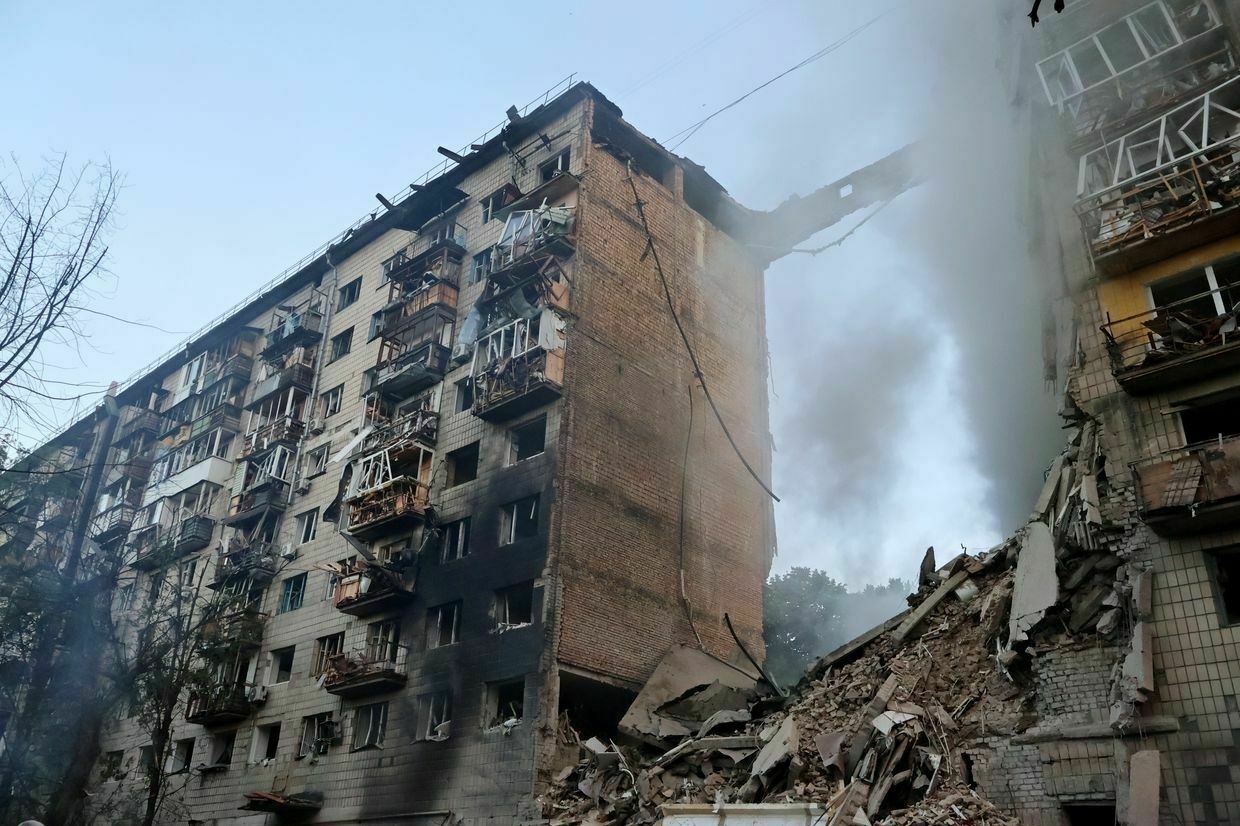
The U.S. Embassy in Kyiv on June 18 condemned Russia’s massive missile and drone attack on Kyiv that killed at least 23 people and injured more than 130 a day earlier, saying it “runs counter” to U.S. President Donald Trump’s peace efforts.
“Today, with all of Ukraine, we join a day of mourning in Kyiv for the victims of Russia’s June 17 attack,” the U.S. Embassy in Ukraine said in a statement. “We extend deepest condolences to the victims' families. This senseless attack runs counter to President Trump’s call to stop the killing and end the war."
The nine-hour overnight attack, which began late June 16, has become one of the largest aerial assaults on the Ukrainian capital since the start of Russia’s full-scale invasion in 2022.
Ukrainian officials said Russia launched 472 aerial weapons, including nearly 280 Shahed-type attack drones and cruise and ballistic missiles. Ukraine’s air defense downed 428 targets, but several struck residential areas, including a nine-story apartment building in Kyiv’s Solomianskyi district.
Among the dead was a U.S. citizen, State Department Press Secretary Tammy Bruce confirmed at a briefing on June 17.
“We are aware of last night’s attack on Kyiv, which resulted in numerous casualties, including the tragic death of a U.S. citizen,” Bruce said. “We condemn those strikes and extend our deepest condolences to the victims and to the families of all those affected."
President Volodymyr Zelensky called it “one of the most horrifying attacks on Kyiv” and urged stronger international support to help Ukraine defend itself.
Despite the scale of the attack, Trump appeared to be unaware of the strike when questioned by reporters aboard Air Force One early on June 17.
“When was that? When?” Trump responded when a reporter asked for his reaction. Told that the drone and missile attack had occurred “very recently,” Trump said: “Just now? You mean as I’m walking back to see you, that’s when it took place? Sounds like it. I’ll have to look at it."
As of a day later, the White House had still not issued an official response to the strike.
The June 17 attack caused extensive damage across the capital. Civilian infrastructure hit included kindergartens, a university dormitory, residential neighborhoods, and industrial sites.
Fahrenheit, a Ukrainian manufacturer of military and civilian clothing, reported that its Kyiv factory was damaged and operations were suspended. Ukrposhta, the national postal service, lost two branches. Ukrainian Railways said a grain-carrying train was struck, disrupting transit.
Kyiv Mayor Vitali Klitschko said unexploded cluster munitions were found in the city — a type of weapon banned by some countries due to the danger they pose to civilians. June 18 was declared a day of mourning in Kyiv.
Foreign Minister Andrii Sybiha called the timing of the attack, as G7 leaders gathered in Canada, a deliberate message from the Kremlin. Moscow has escalated strikes on Ukrainian cities in recent weeks, targeting residential areas and critical infrastructure.
Ukraine has urged Western allies to respond by reinforcing air defense capabilities and tightening economic pressure on Russia.
Putin ‘cannot be trusted’ as mediator, Kallas says, urges EU to tighten Russian oil cap after deadly Kyiv strikeEU High Representative Kaja Kallas urged the European Union to press forward with lowering the oil price cap on Russian crude, even without U.S. support, warning that Middle East tensions could otherwise drive prices up and boost Russia’s revenues.The Kyiv IndependentAnna Fratsyvir
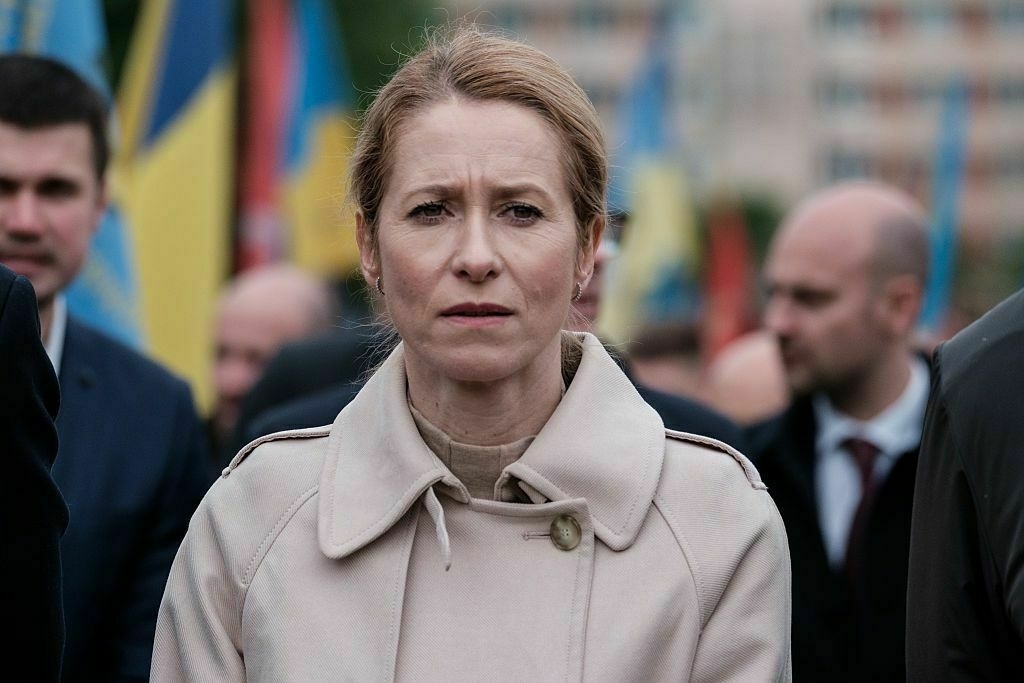
-
6 killed, 49 injured in Russian attacks against Ukraine over past day
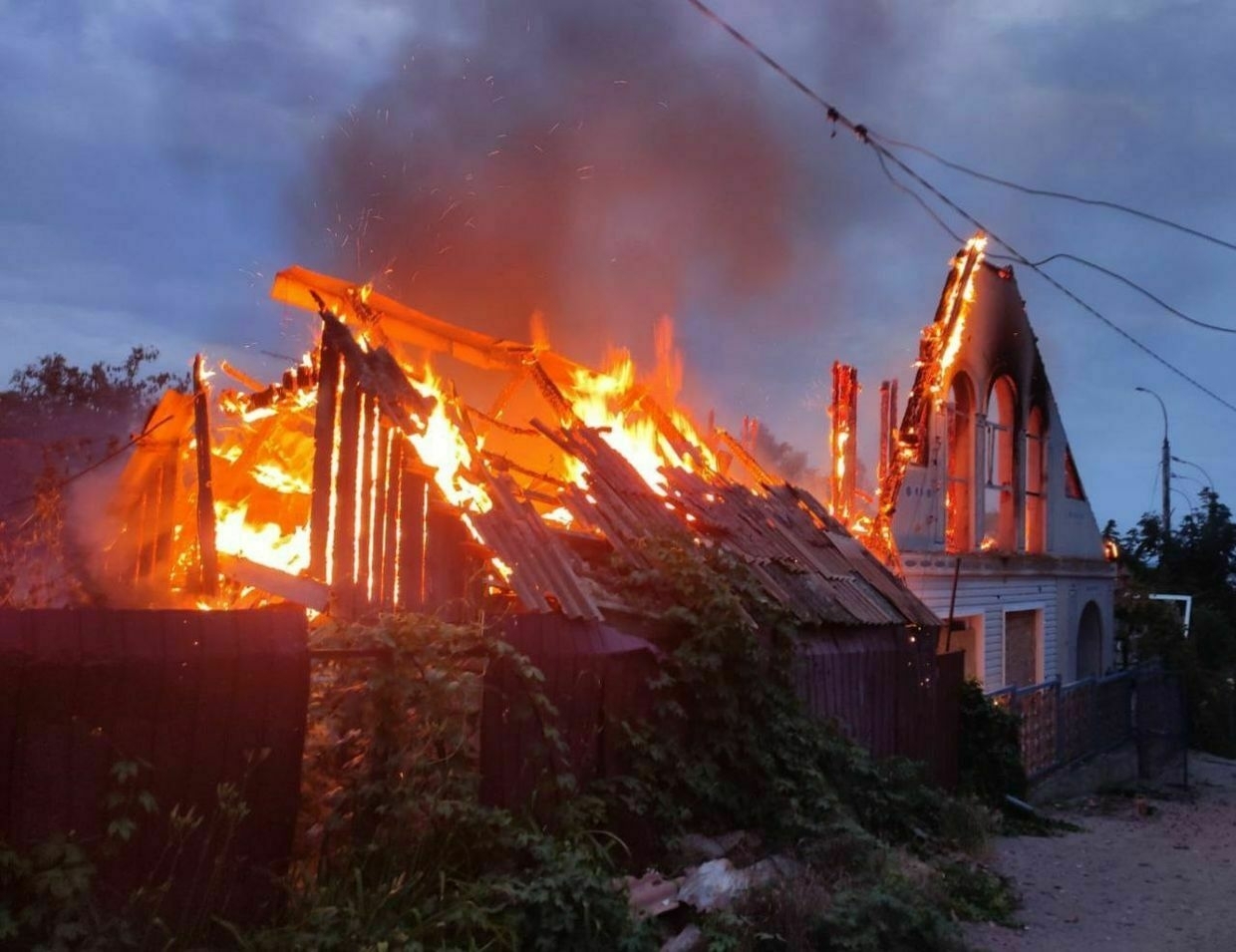
Russian attacks across Ukraine killed at least six civilians and injured at least 49, including a teenage boy, over the past day, regional authorities reported on June 18.
Russian forces launched 58 Shahed-type attack drones and decoys against Ukraine overnight, targeting mainly the Donetsk, Dnipropetrovsk, and Zaporizhzhia oblasts, the Air Force said.
Ukrainian defenses shot down 12 drones, while 18 disappeared from radars or were intercepted by electronic warfare systems, according to the statement.
In Chernihiv Oblast, a Russian drone attack against a village in the Snovsk community on June 17 injured a 68-year-old woman, Governor Viacheslav Chaus reported.
A Russian attack against Nikopol in Dnipropetrovsk Oblast on June 17 killed a 63-year-old man, Governor Serhii Lysak reported. Two more people were injured, and an educational institution and houses were damaged.
Russian attacks across Donetsk Oblast killed a civilian in Myrnohrad and injured eight others in the region, according to Governor Vadym Filashkin.
In Kharkiv Oblast, three people were injured in Russian attacks, including a 69-year-old woman and a 15-year-old boy in Izium and a 52-year-old man in Ripky, Governor Oleh Syniehubov reported.
Russian attacks against Kherson Oblast killed two people and injured 34, according to the regional governor, Oleksandr Prokudin.
In Sumy Oblast, one person was killed and another injured in a Russian drone attack against the Bilopillia community, and another man was killed during an air strike against the Yunakivka community, the regional administration reported.
Russia launched missile and drone attacks against Zaporizhzhia, damaging multiple residential and non-residential buildings but inflicting no casualties, Governor Ivan Fedorov said.
‘He said he wasn’t going anywhere’ — Survivors search for missing following Russia’s deadliest attack on Kyiv this yearSitting a few meters from the rubble of what used to be a nondescript nine-story residential building in Kyiv, Lilia rises to her feet every time another pile of debris is cleared from the site targeted by Russia during a mass overnight attack on June 17. “We are waiting (asThe Kyiv IndependentKateryna Denisova
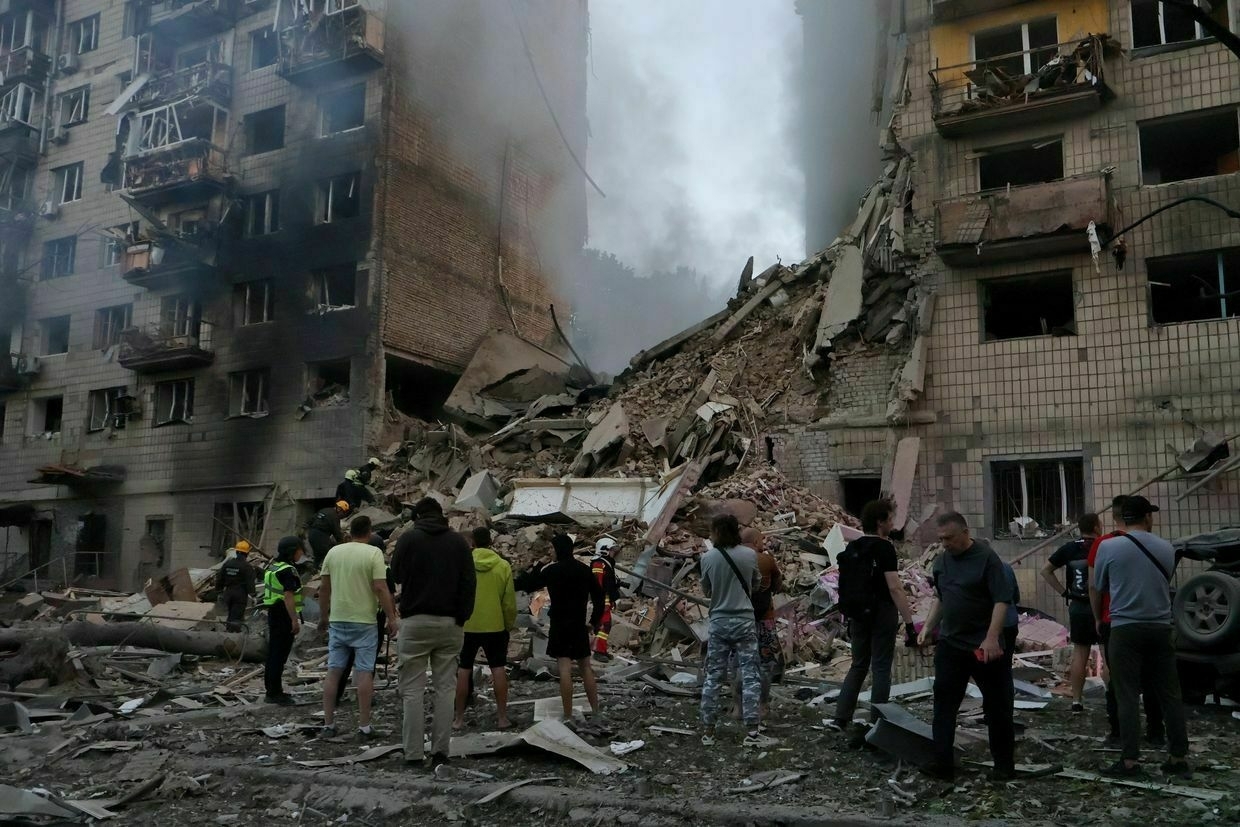
-
Putin 'cannot be trusted' as mediator, Kallas says, urges EU to tighten Russian oil cap after deadly Kyiv strike
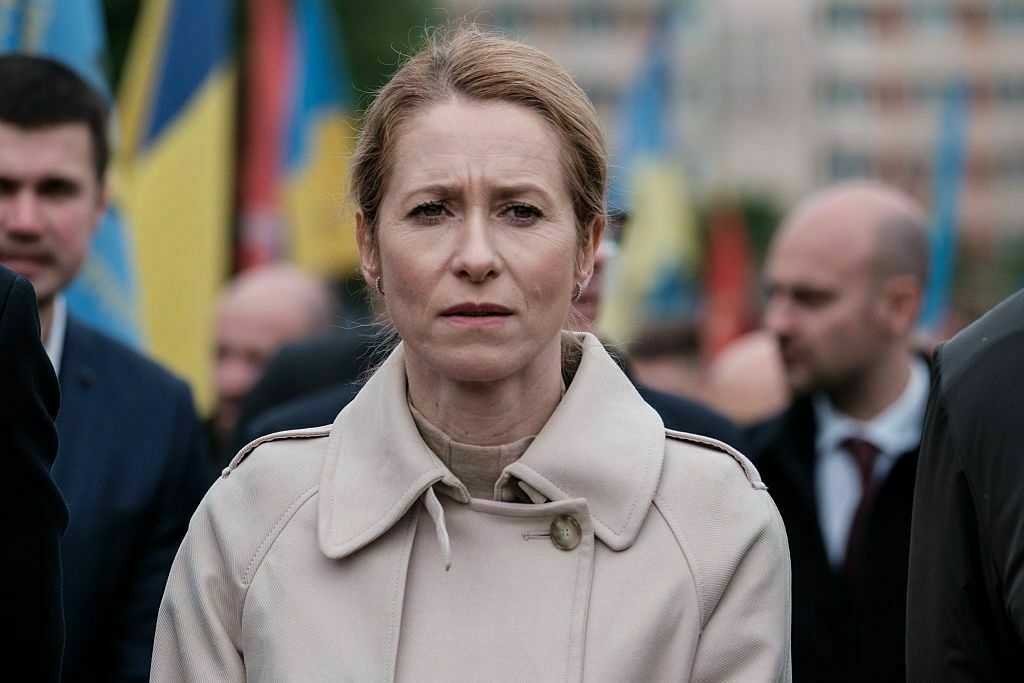
Russian President Vladimir Putin “cannot be trusted” to mediate peace in the Middle East while continuing to launch brutal attacks against civilians, EU High Representative Kaja Kallas said on June 17, following a mass Russian strike on Kyiv that killed at least 21 people and injured over 130.
“Clearly, President Putin is not somebody who can talk about peace while we see actions like this,” Kallas said during a briefing in Brussels. “He’s not a mediator that can really be considered. Russia cannot be a mediator if they don’t really believe in peace."
Russia has sought to position itself as a potential mediator in the escalating conflict between Israel and Iran. Kremlin spokesperson Dmitry Peskov said on June 17 that Israel appeared unwilling to accept Russia’s offer of mediation.
President Donald Trump said on June 15 that Putin had expressed willingness to help mediate between Tel Aviv and Tehran — an idea already dismissed by France. EU leaders have also questioned Moscow’s neutrality given its deep military ties with Iran, which has supplied Russia with drones and missiles used in attacks on Ukraine.
Kallas also pointed to Iran’s role in enabling Russia’s attacks. “Iran has helped Russia do these attacks… their cooperation is working in this regard,” she said.
Kallas urged the European Union to press forward with lowering the oil price cap on Russian oil, even without U.S. support, warning that Middle East tensions could otherwise drive prices up and boost Russia’s revenues.
“The whole idea of the oil price cap is to lower the prices,” Kallas said. “We shouldn’t end up in a situation where the crisis in the Middle East increases oil prices and makes Russia earn more… that would mean they can fund their war machine on a bigger scale."
Her warning comes after global oil prices soared on June 13, following an Israeli strike on Iran that raised fears of a broader regional conflict. Brent and Nymex crude prices surged more than 10% before stabilizing around 7.5% higher, with Brent at $74.50 a barrel and Nymex at $73.20, the BBC reported.
The spike threatens to undermine Western efforts to restrict Russia’s wartime revenues, which heavily depend on oil exports.
Earlier, Kallas said the EU can act independently to lower the oil price ceiling, noting that most Russian crude flows through European-controlled waters.
“Even if the Americans are not on board, we can still do it and have an impact,” she said.
Her remarks come as the EU works on its 18th sanctions package targeting Russia’s energy, banking, and defense sectors. The 17th package entered into force on May 20. European Commission President Ursula von der Leyen has said new measures will further target Russia’s war-sustaining supply chains.
Kallas spoke hours after one of Russia’s deadliest attacks on Kyiv since the start of its full-scale invasion. The nearly nine-hour assault saw Moscow fire 472 aerial weapons, including over 280 Shahed drones and multiple cruise and ballistic missiles.
Ukraine’s Air Force reported intercepting 428 targets, but several missiles hit residential buildings, including a nine-story apartment block in Solomianskyi district, where 16 people were killed.
President Volodymyr Zelensky called the assault “one of the most horrifying attacks on Kyiv” and again called on Western leaders to act decisively.
After 3 years of full-scale war in Ukraine, Europe finally lays out road map to detox from Russian oil and gasAfter three years of limited measures and political hangovers, the European Union has laid out a legal roadmap to finally end its long-standing addiction to Russian oil and gas. Under a new legislative proposal announced in Strasbourg on June 17, Brussels aims to cut off all remaining imports of RussianThe Kyiv IndependentAlex Cadier
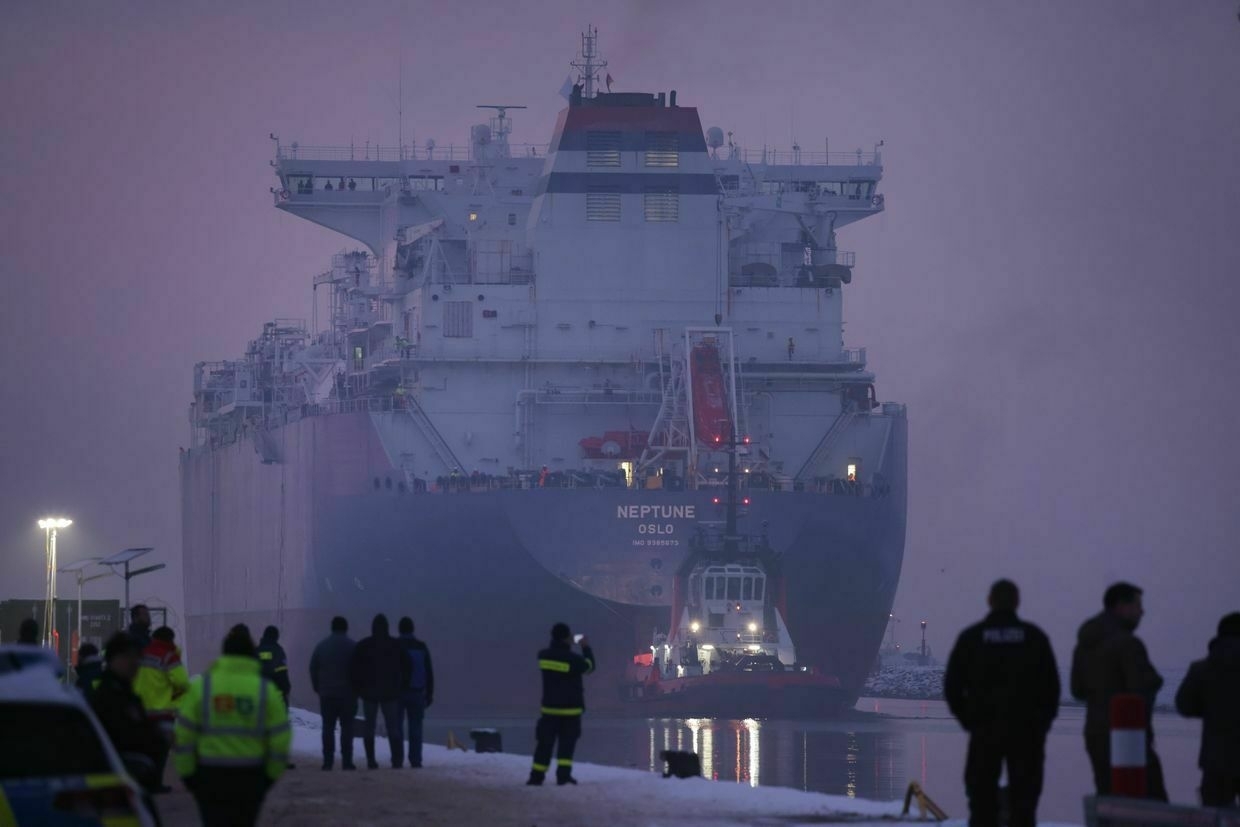
-
General Staff: Russia has lost 1,007,160 troops in Ukraine since Feb. 24, 2022
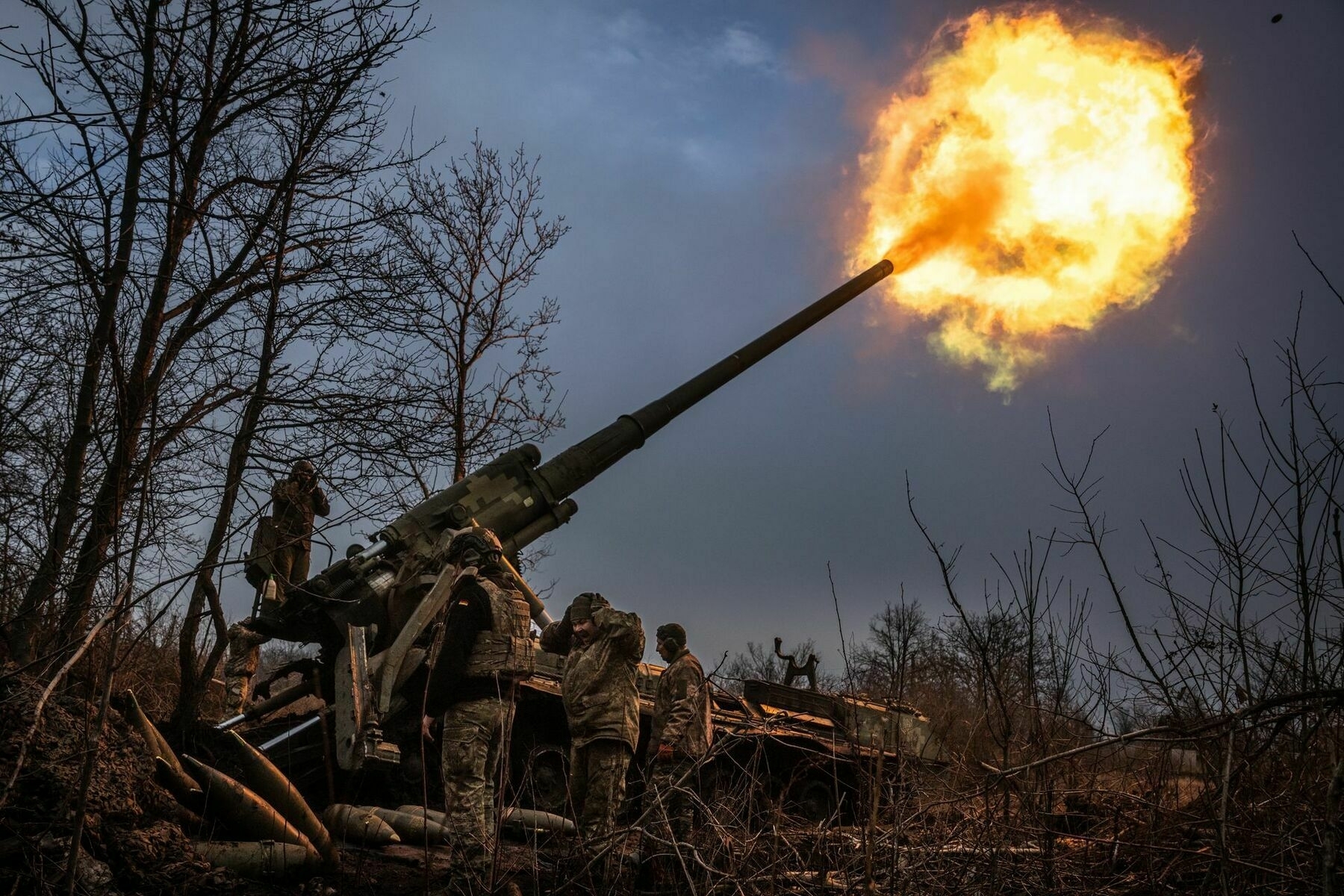
Russia has lost 1,007,160 troops in Ukraine since the beginning of its full-scale invasion on Feb. 24, 2022, the General Staff of Ukraine’s Armed Forces reported on June 18.
The number includes 1,040 casualties that Russian forces suffered just over the past day.
According to the report, Russia has also lost 10,947 tanks, 22,845 armored fighting vehicles, 52,312 vehicles and fuel tanks, 29,265 artillery systems, 1,420 multiple launch rocket systems, 1,187 air defense systems, 416 airplanes, 337 helicopters, 41,165 drones, 3,369 cruise missiles, 28 ships and boats, and one submarine.
Kellogg to meet Lukashenko in highest-ranking US visit to Belarus in years, Reuters reportsU.S. Special Envoy for Ukraine Keith Kellogg will meet Belarusian President Alexander Lukashenko in the coming days, Reuters reported on June 17, citing four sources familiar with the matter.The Kyiv IndependentVolodymyr Ivanyshyn
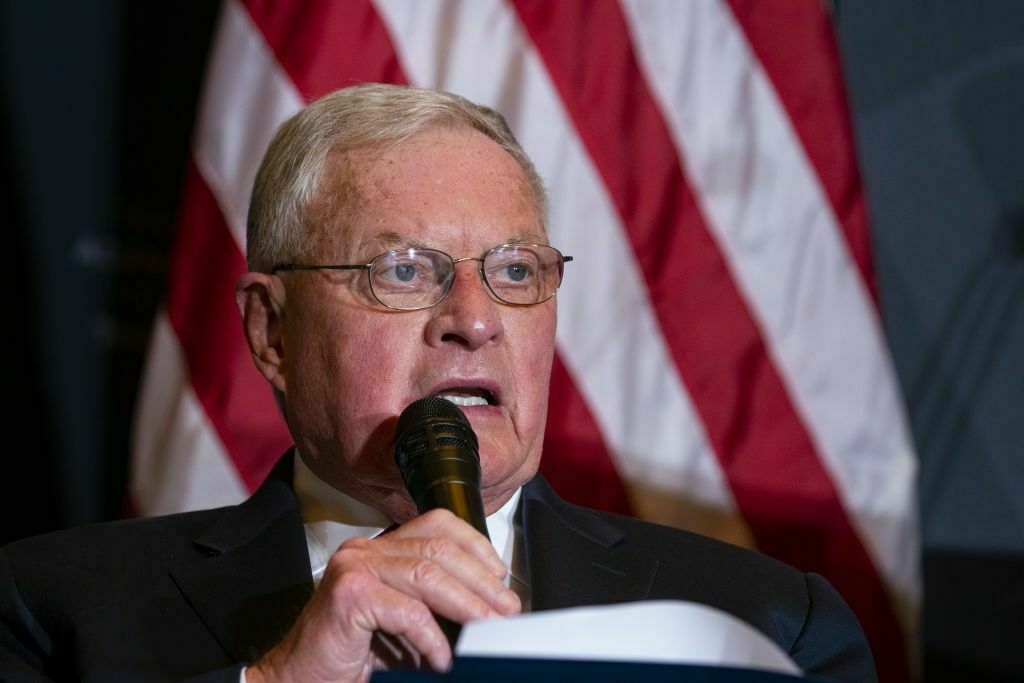
-
Kellogg to meet Lukashenko in highest-ranking US visit to Belarus in years, Reuters reports
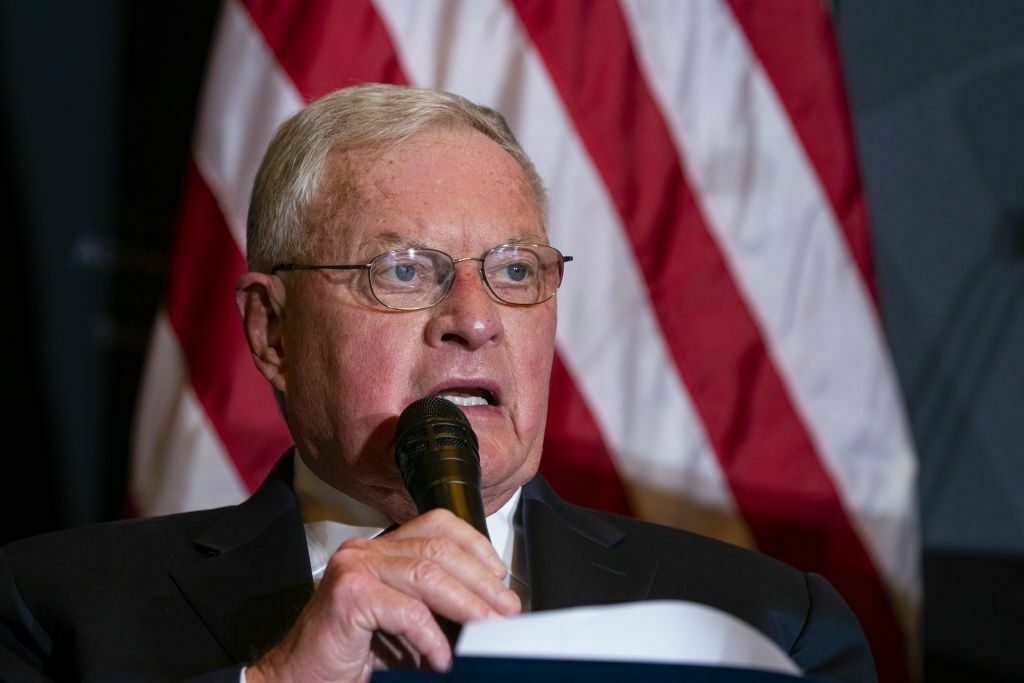
U.S. Special Envoy for Ukraine Keith Kellogg will meet Belarusian President Alexander Lukashenko in the coming days, Reuters reported on June 17, citing four sources familiar with the matter.
Kellogg will meet Lukashenko in a visit to Belarus as peace talks to bring an end to Russia’s war against Ukraine remain inconclusive, Reuters reported.
In February, U.S. Deputy Assistant State Secretary Christopher W. Smith visited Belarus alongside two other U.S. officials to conduct a prisoner swap in a similar unannounced visit.
Lukashenko has been in power since 1994 and has been accused of staging fraudulent elections in Belarus. The leader declared a seventh consecutive presidential election victory in January.
Kellogg has given the impression that the meeting could help reinitiate largely unsuccessful peace talks between Ukraine and Russia, two sources told Reuters.
Lukashenko is seen as a key ally of Russian President Vladimir Putin as Russia faces isolation in response to its full-scale war against Ukraine.
The White House has discussed ways to weaken Russia’s influence on Minsk and bring Belarus closer to the United States, one of the sources said.
On Feb. 12, Smith drove to Belarus from Lithuania following a phone call with Lukashenko. The small U.S. delegation visited a border town where three political prisoners were transferred, including one U.S. citizen and two Belarusian citizens, the New York Times reported.
Lukashenko assured he was ready to decrease repression in Belarus, Smith said, adding that the U.S. wants Belarus to be less reliant on Russia.
Belarus has faced Western sanctions following a presidential election in 2020 that international observers condemned as fraudulent. The sham election garnered mass protests that rejected the results.
Minsk refused to invite a mission from the Organization for Security and Cooperation in Europe (OSCE) to observe the country’s Jan. 26 presidential election.
Belarus further isolated itself from the West as it supports Russia in its ongoing war against Ukraine.
‘He said he wasn’t going anywhere’ — Survivors search for missing following Russia’s deadliest attack on Kyiv this yearSitting a few meters from the rubble of what used to be a nondescript nine-story residential building in Kyiv, Lilia rises to her feet every time another pile of debris is cleared from the site targeted by Russia during a mass overnight attack on June 17. “We are waiting (asThe Kyiv IndependentKateryna Denisova
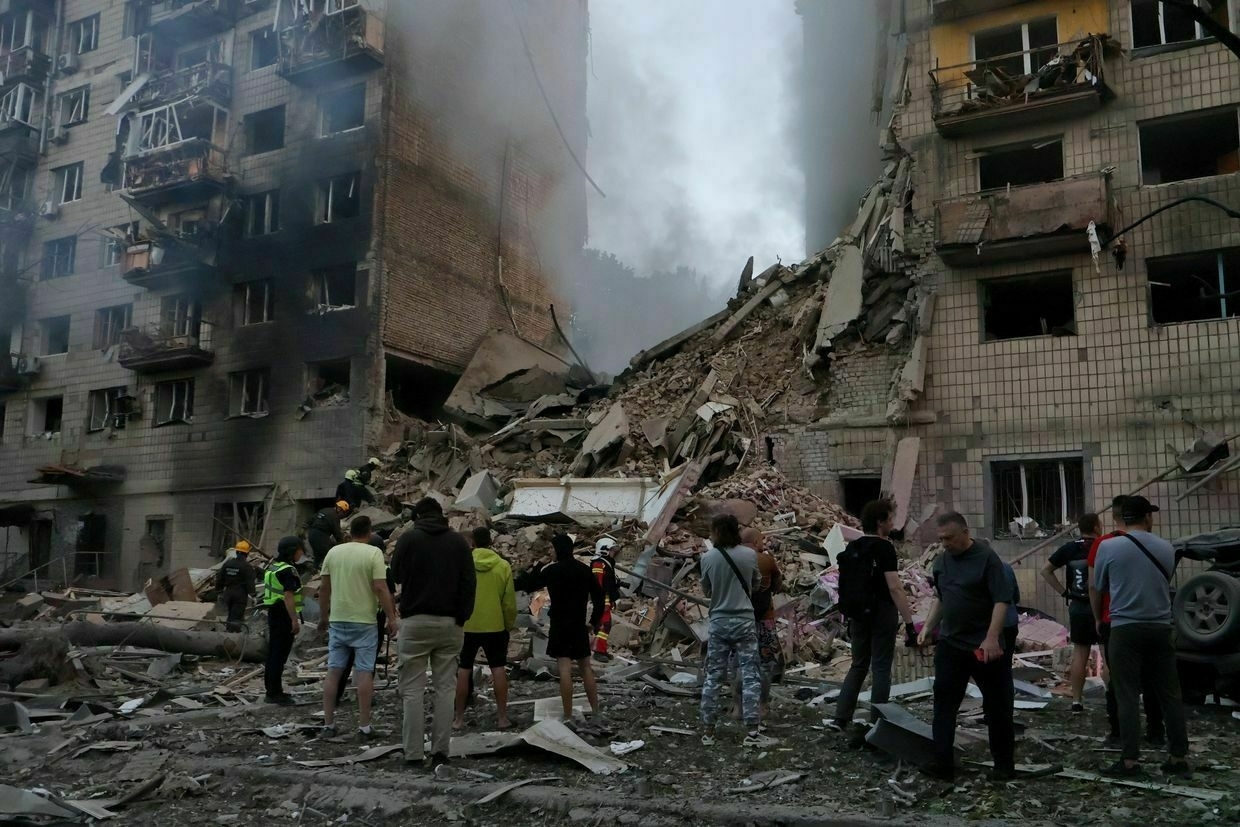
-
Zelensky welcomes G7 support as summit delivers no strong breakthrough for Ukraine
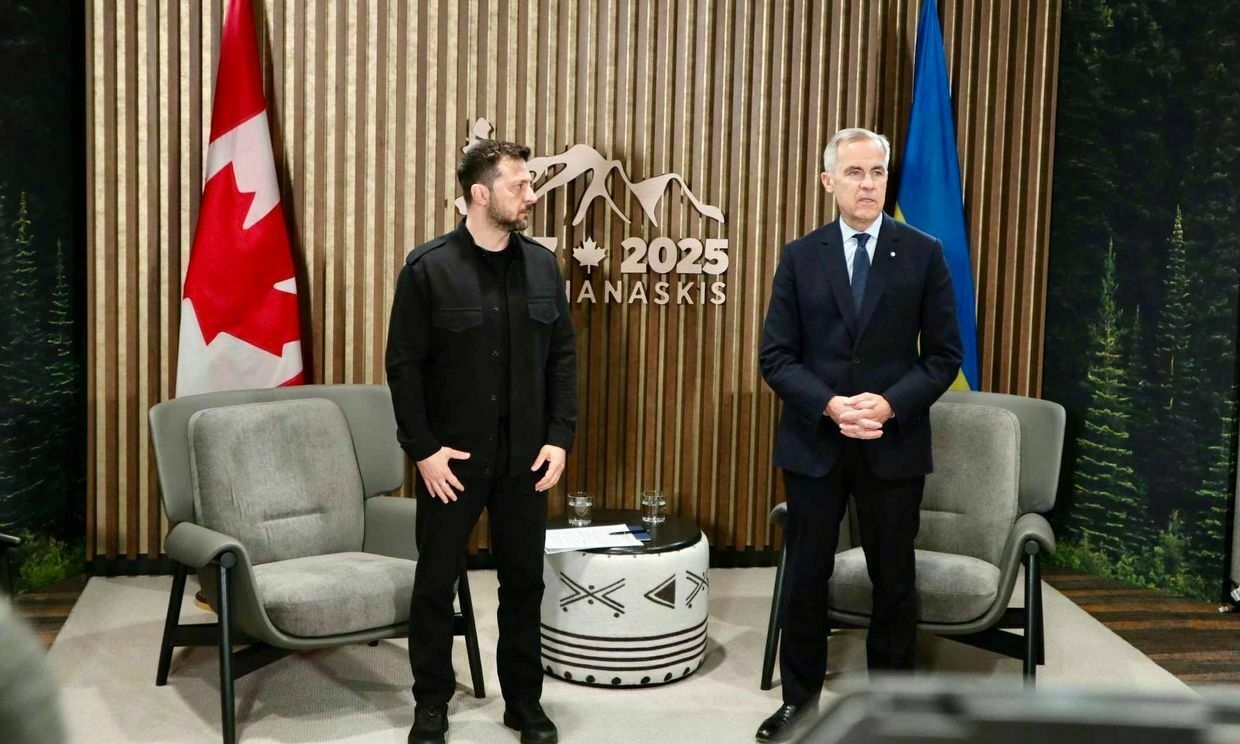
President Volodymyr Zelensky said on June 17 that the G7 summit had produced concrete results for Ukraine, including increased military support, new tranches of aid using frozen Russian assets, and additional sanctions targeting the sources of Russia’s war effort.
“It is important that our partners are ready not only to support our defense now, but also to rebuild Ukraine together after the war ends. I thank everyone who helps us fight Russian aggression and who, together with Ukraine, is building a strong security architecture for the future,” he added in a Telegram post.
Canadian Prime Minister Mark Carney announced a new support package for Ukraine earlier in the day, including two billion Canadian dollars ($1.5 billion USD) in military aid and over two billion Canadian dollars ($1.6 billion USD) loan for reconstruction. The package also includes funding for drones, ammunition, armoured vehicles, and new sanctions targeting Russia’s energy revenues and sanctions evasion.
U.K. Prime Minister Keir Starmer also announced a set of measures aimed at increasing pressure on Russian President Vladimir Putin, who continues to reject calls for an unconditional ceasefire in Ukraine. “The 30 targets strike across Russia’s financial, military and energy sectors in response to Putin’s continued aggression,” reads the U.K. government statement. The new sanctions also “crack down further on Putin’s shadow fleet,” targeting 20 of his oil tankers.
Starmer added that he “strongly” supports tightening the price cap on Russian crude oil to further cut into the Kremlin’s energy revenues.
The G7 nations, however, struggled to present a unified stance on the war in Ukraine after U.S. President Donald Trump voiced support for Russian President Vladimir Putin and called for Russia to be readmitted to the group. Russia was expelled from what was then the G8 after its 2014 invasion of Crimea.
Trump left the summit a day early to address the Israel-Iran conflict from Washington, departing without meeting Zelensky, who had hoped for a one-on-one conversation to press for stronger sanctions against Russia.
Zelensky had already cut his own visit to Canada short on June 17 and was preparing to return to Kyiv while G7 talks were still underway. He had been scheduled to travel to Calgary for events and a press conference with the Ukrainian diaspora, a source told a Kyiv Independent journalist on the ground, but those plans were canceled following a deadly Russian missile strike on Kyiv and changes to the summit agenda.
Zelensky later said he told G7 leaders that “diplomacy is now in a state of crisis” and urged allies to continue pressing Trump “to use his real influence” to help end the war.
With no new US aid packages on the horizon, can Ukraine continue to fight Russia?The U.S. has not announced any military aid packages for Ukraine in almost five months, pushing Kyiv to seek new alternatives. But time is running out quickly as Russian troops slowly advance on the eastern front line and gear up for a new summer offensive. “While Ukraine’s dependence onThe Kyiv IndependentKateryna Hodunova
